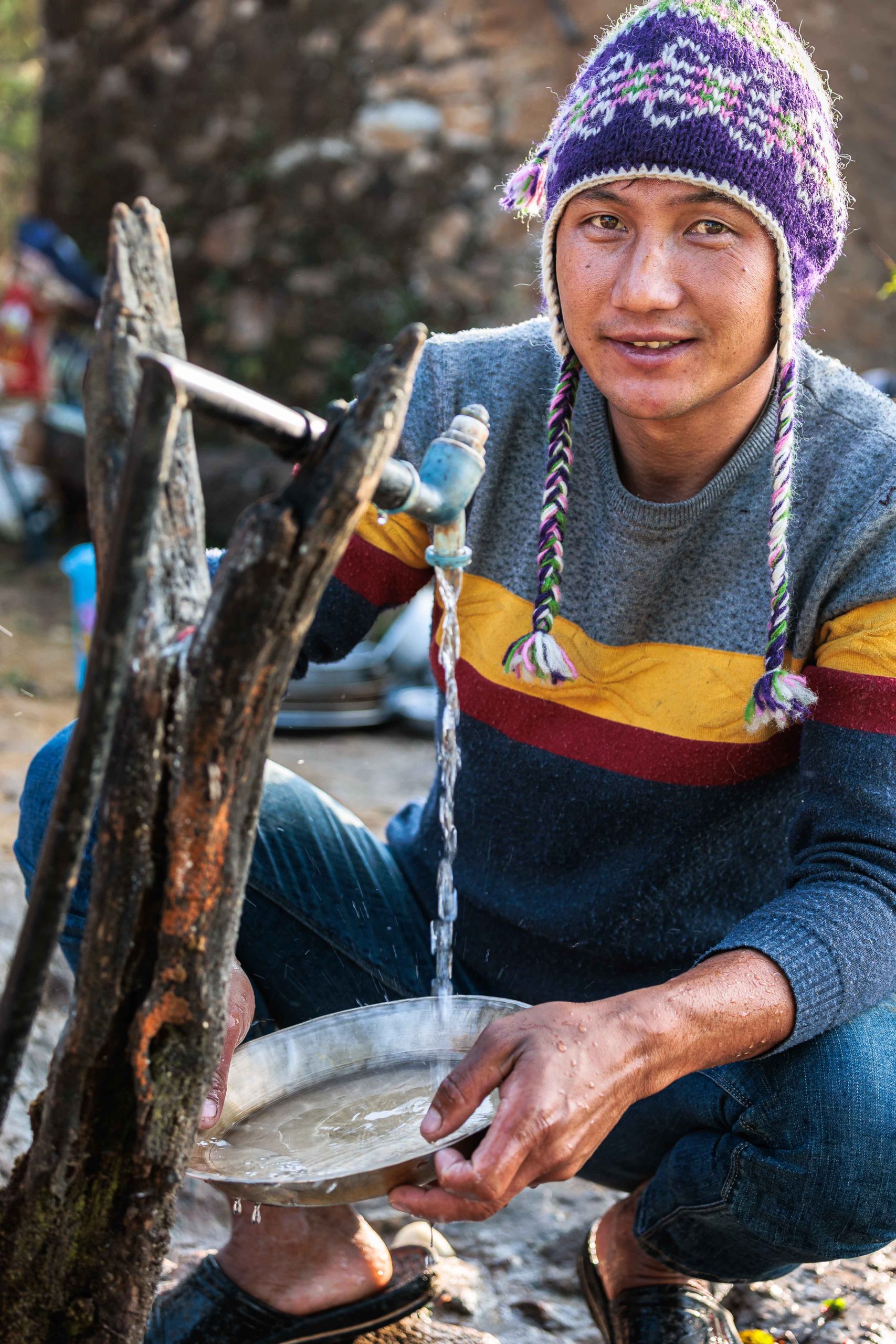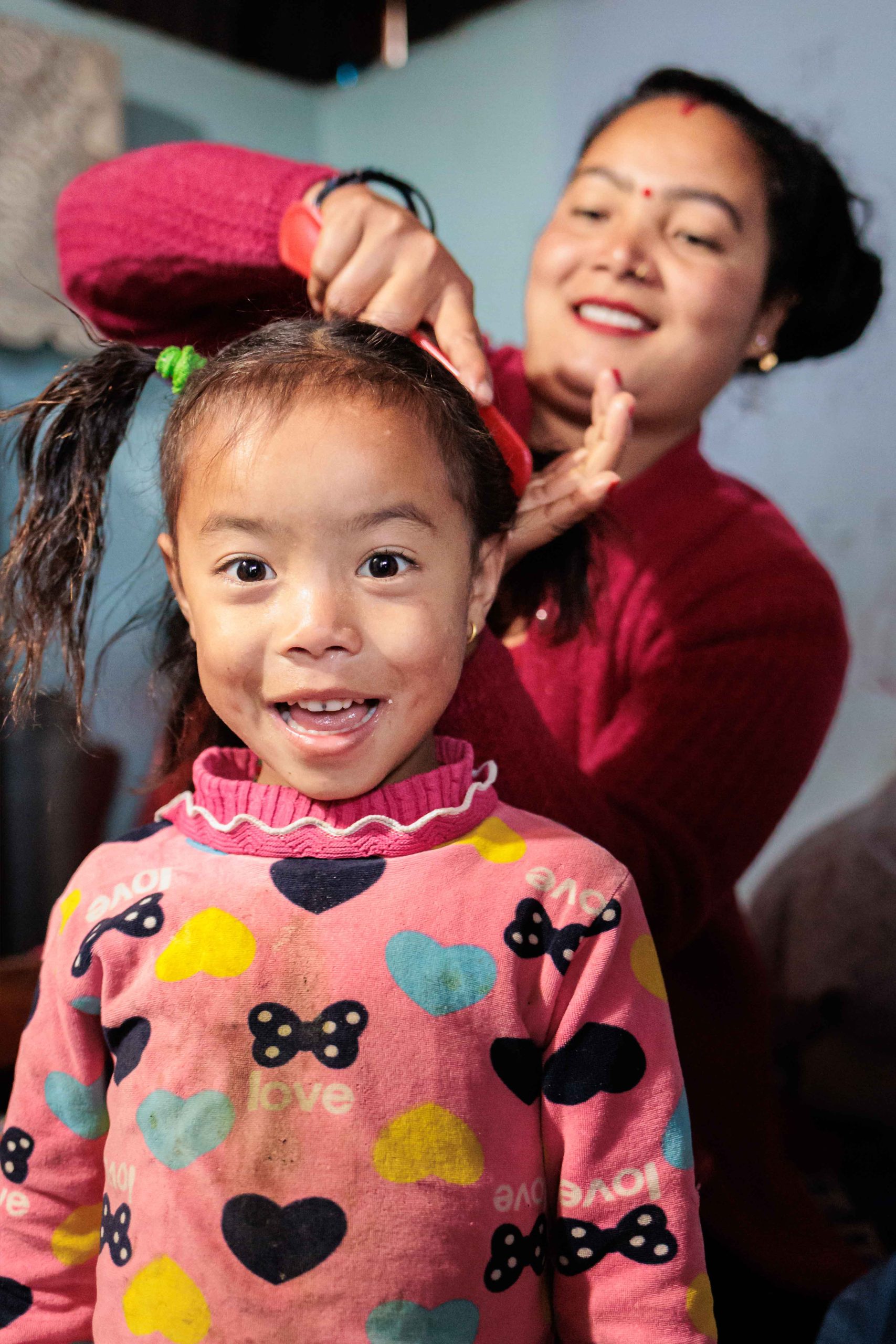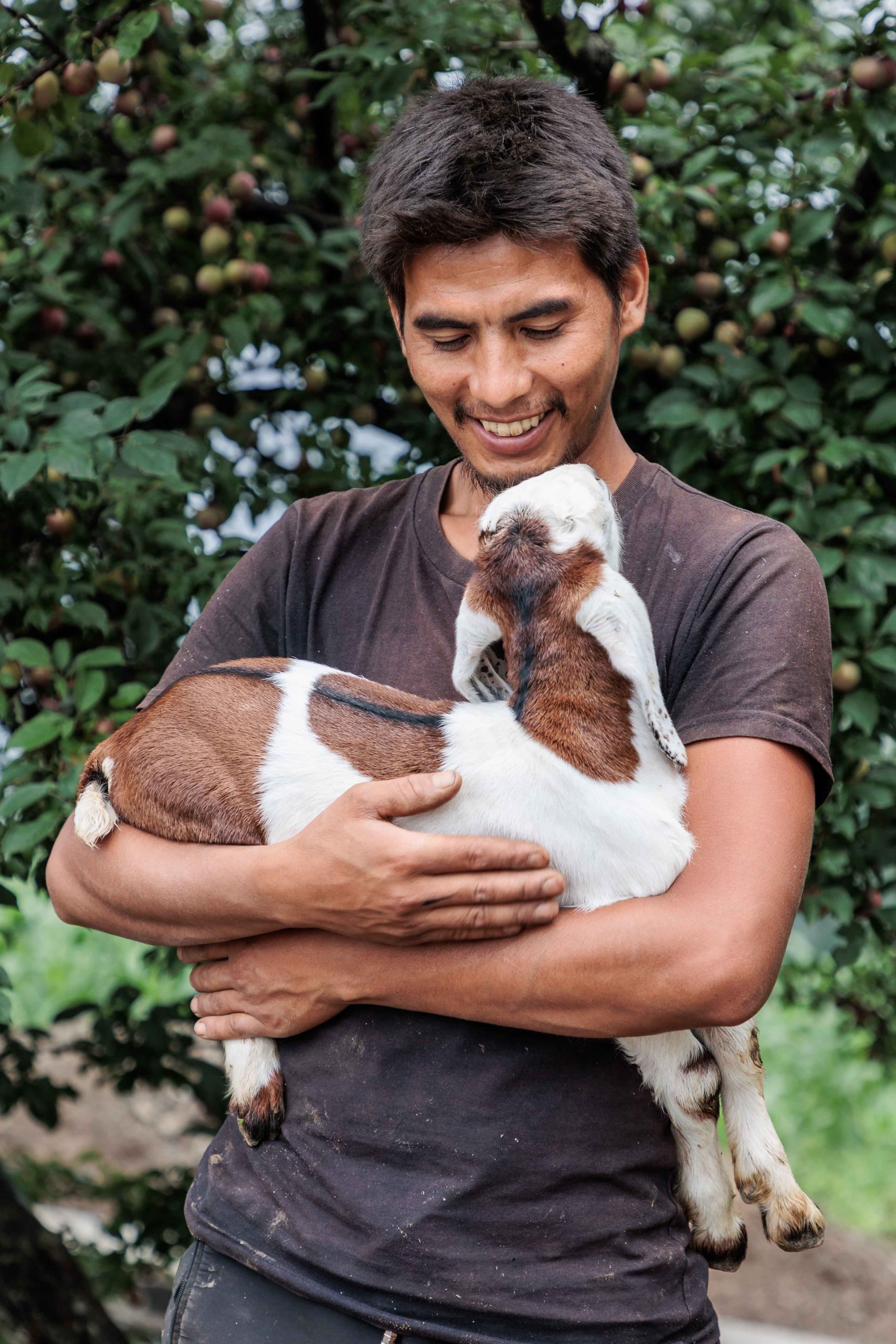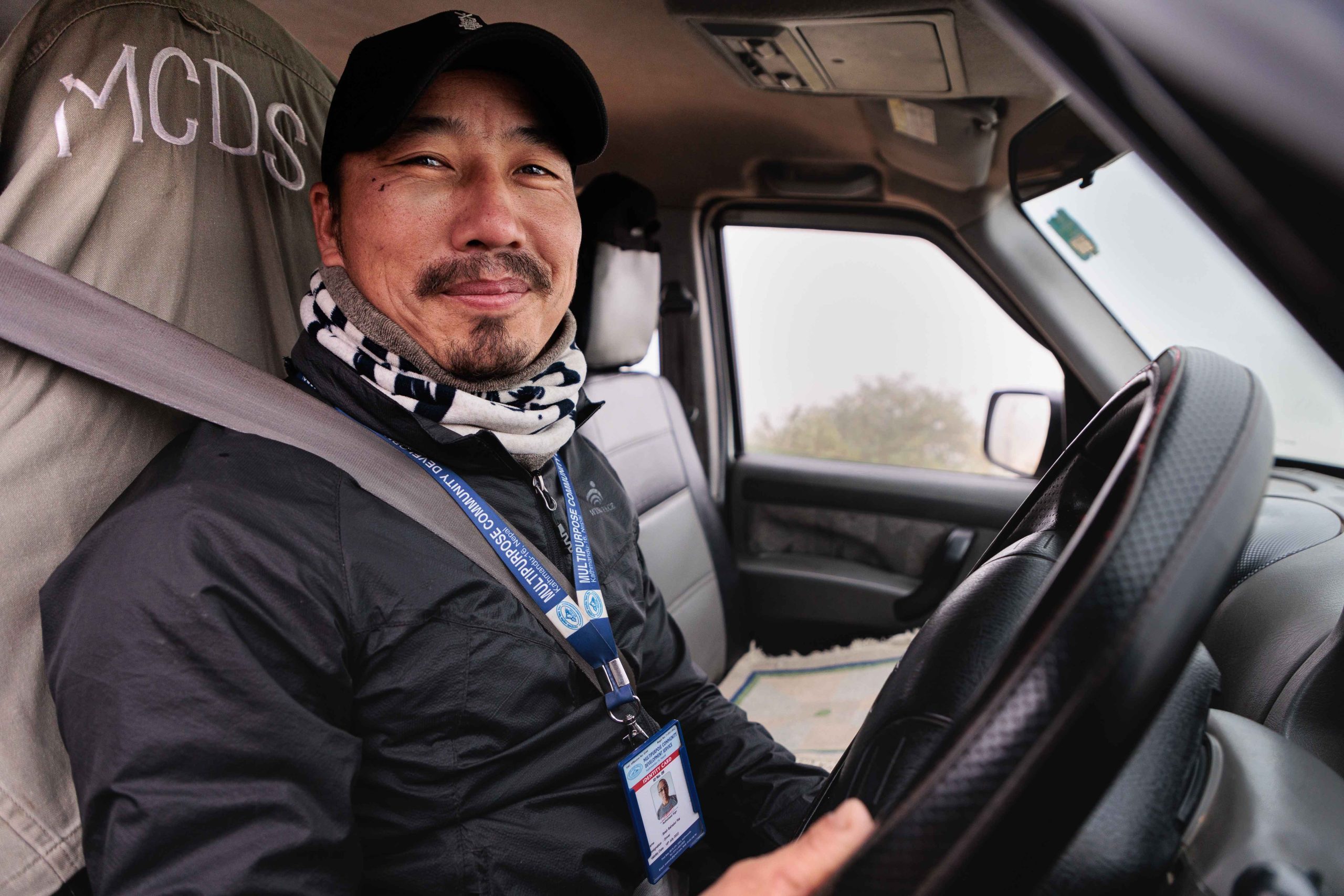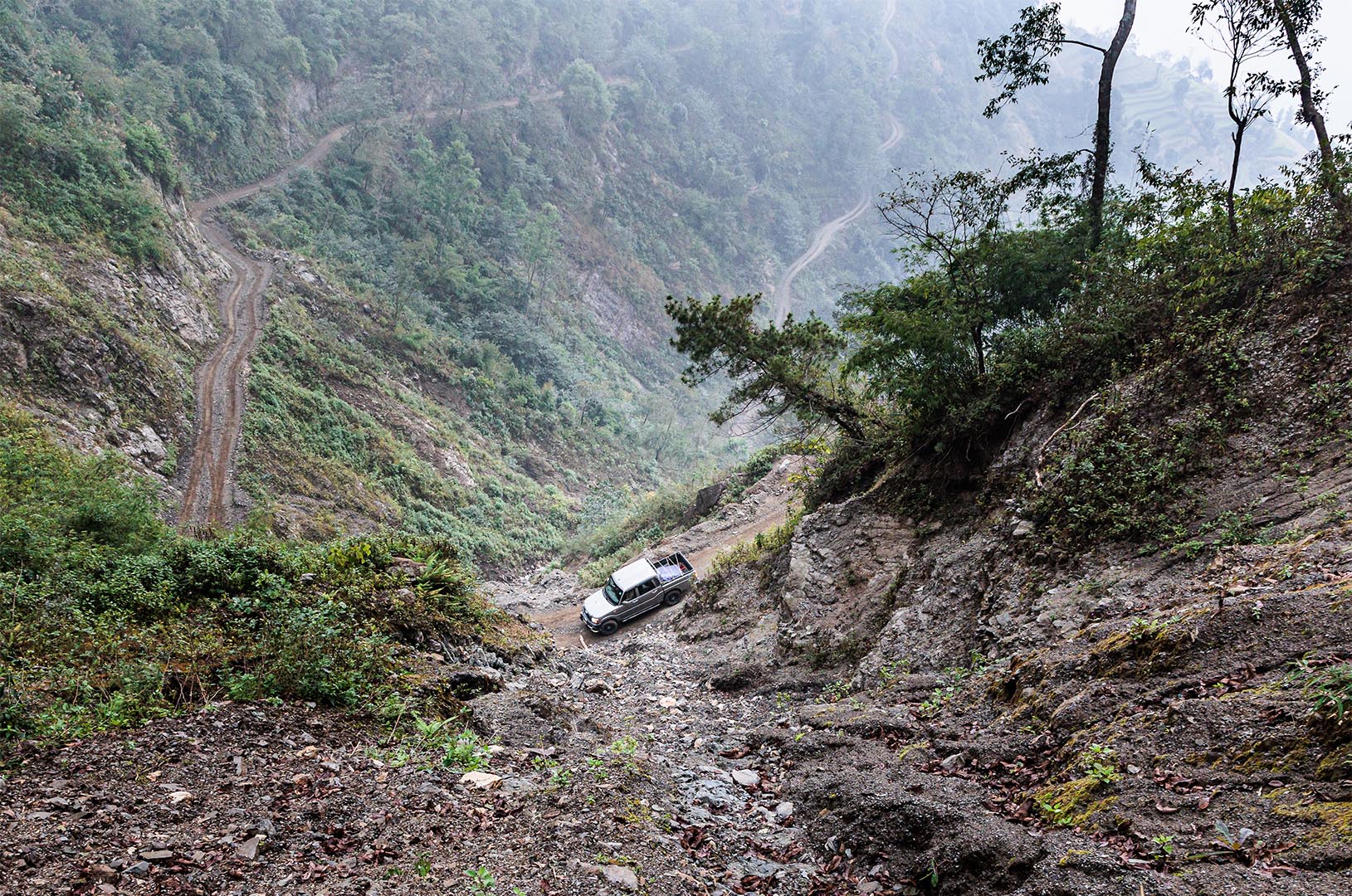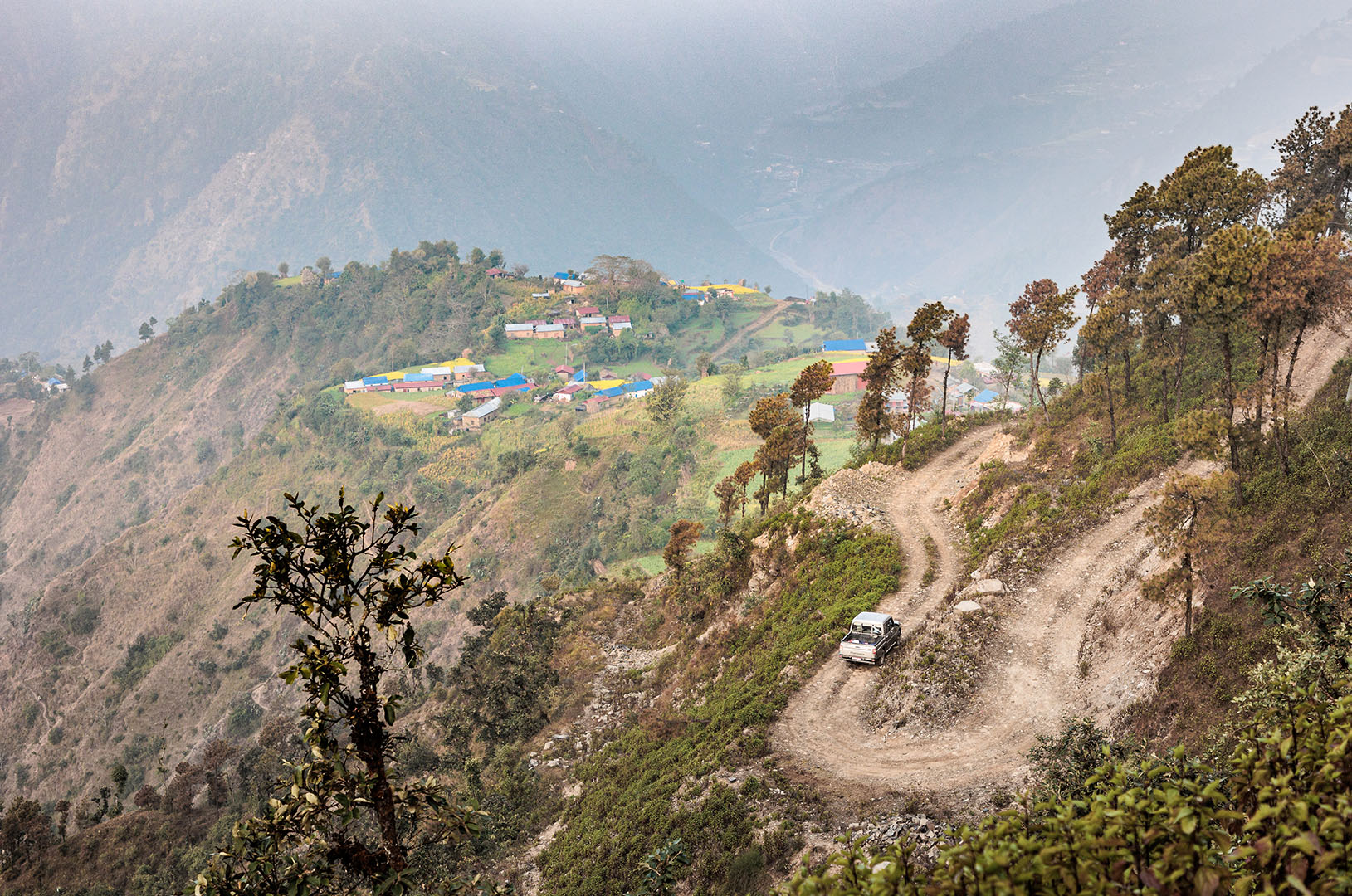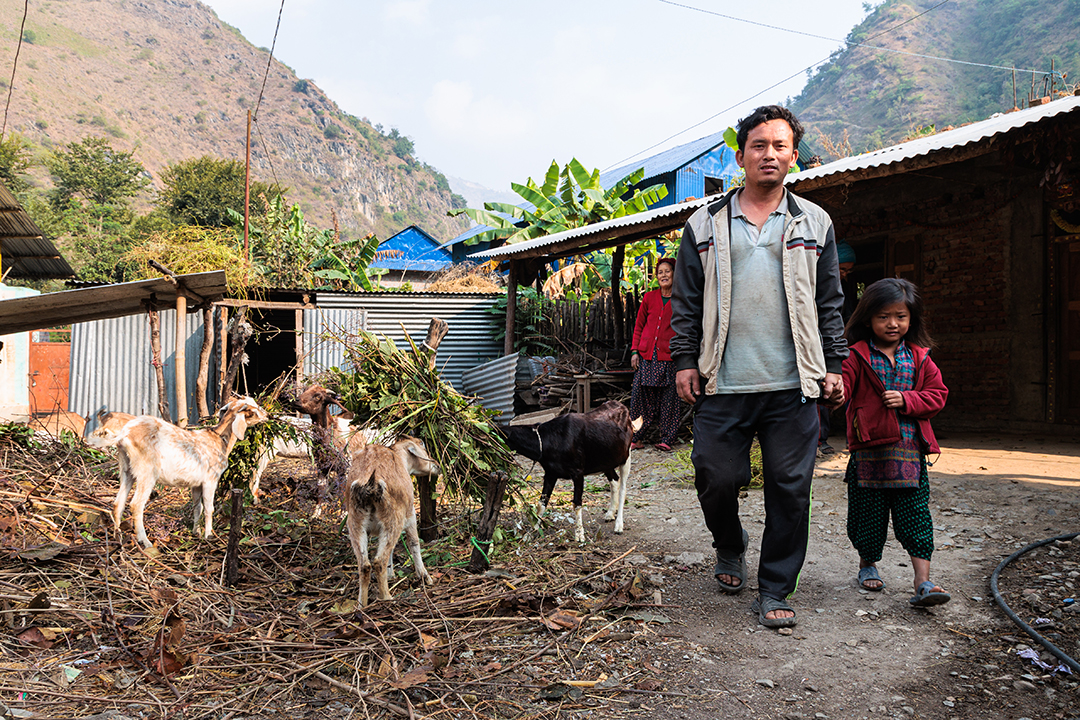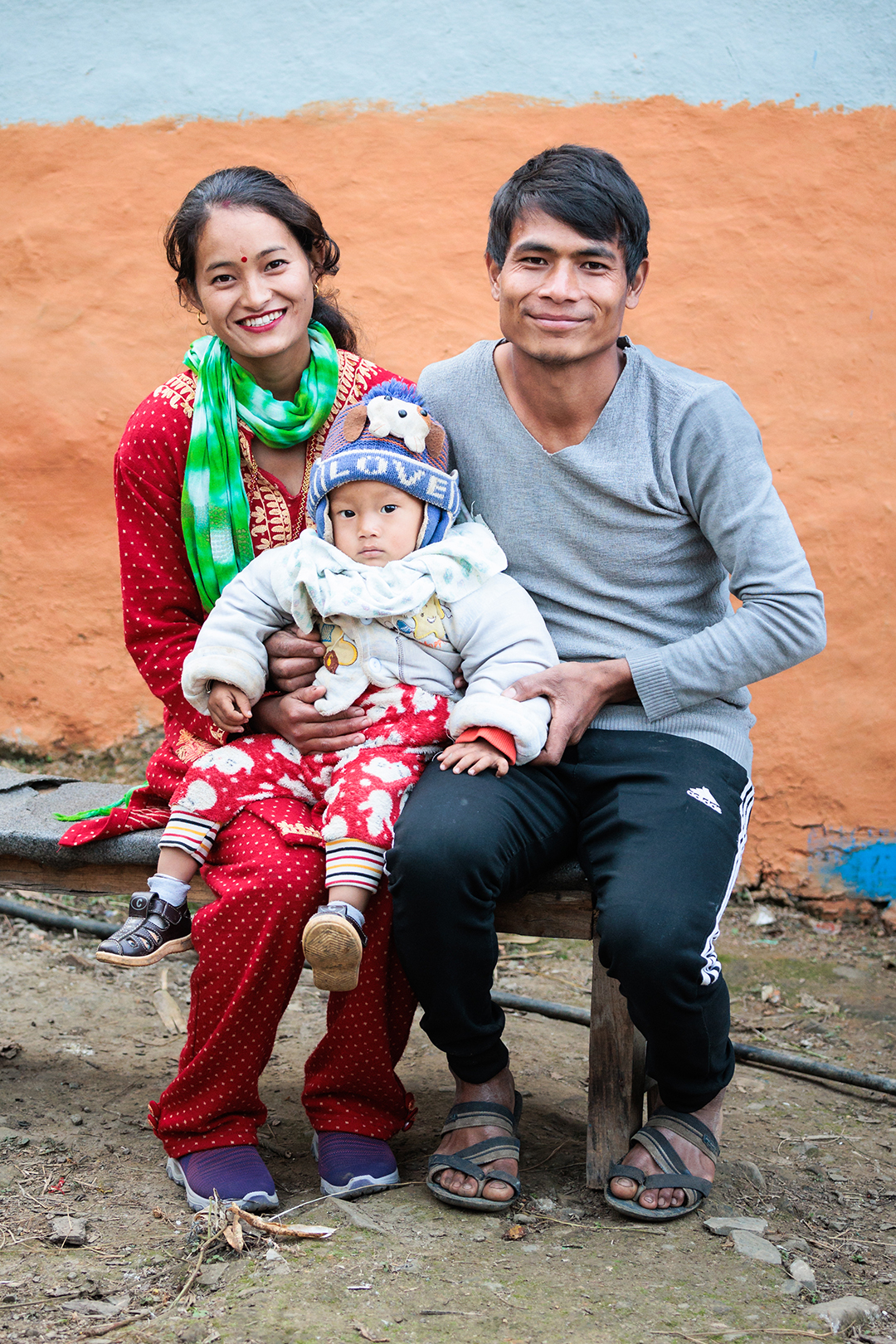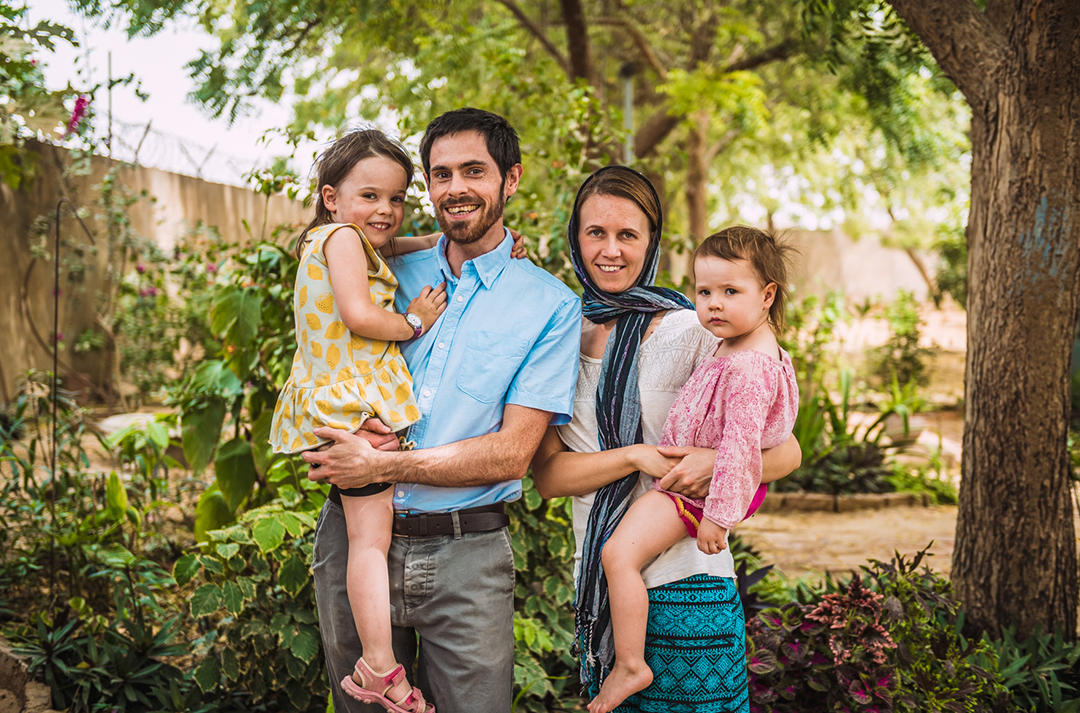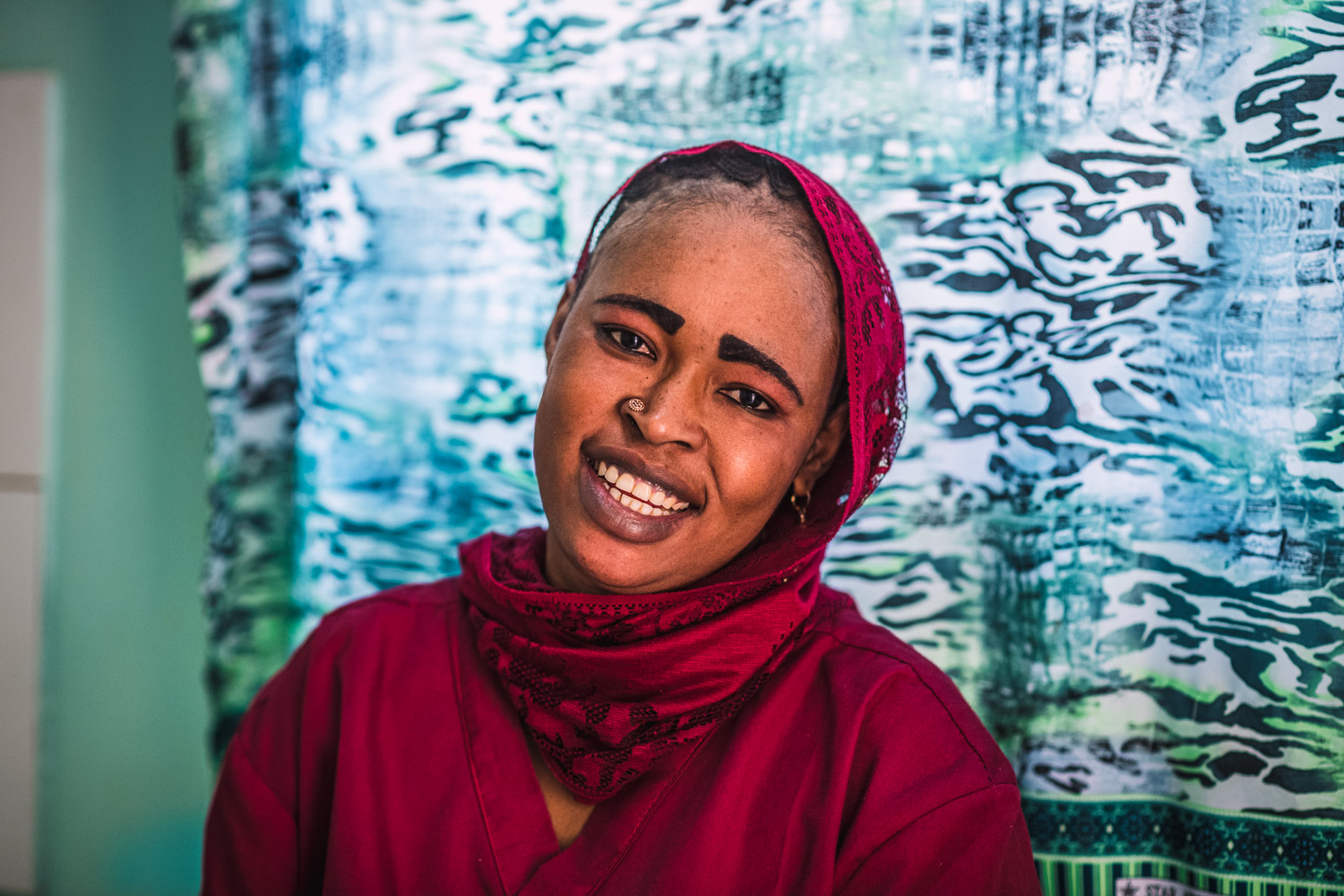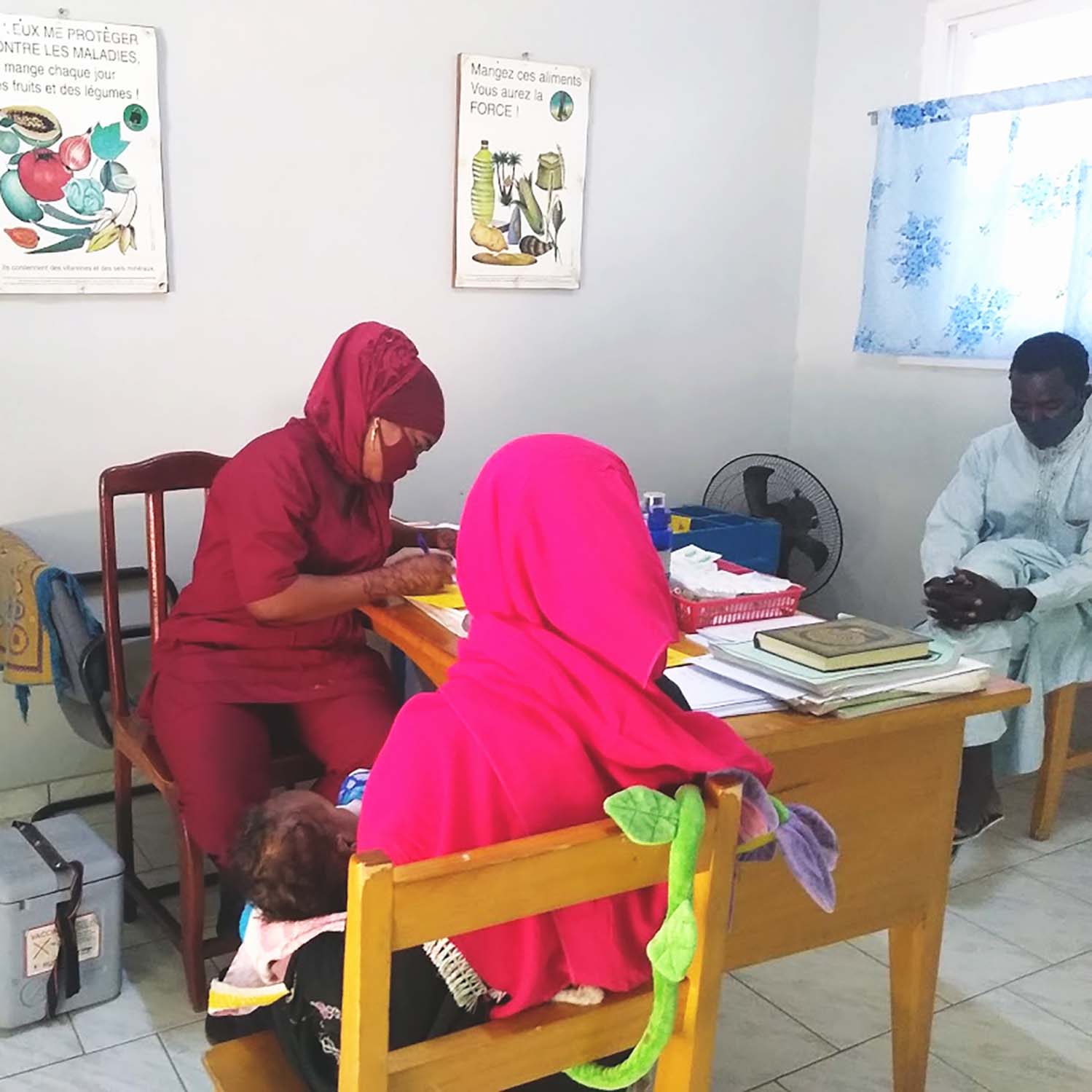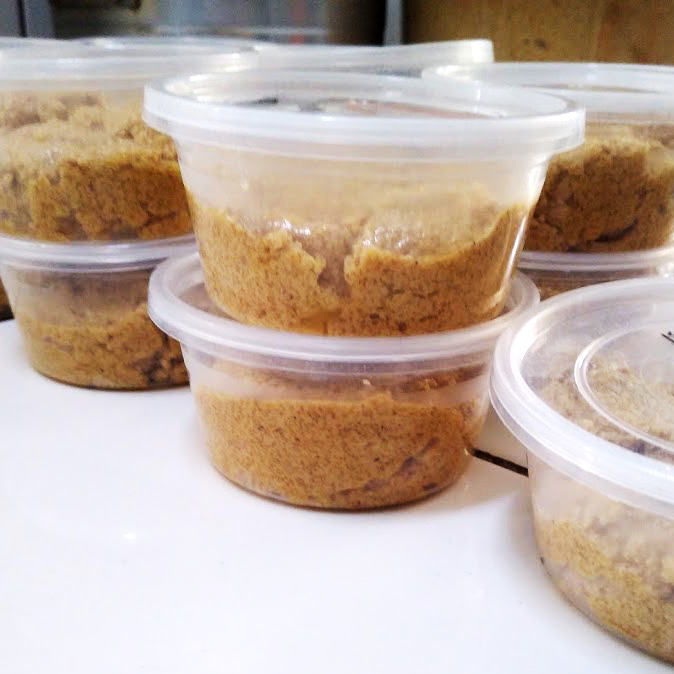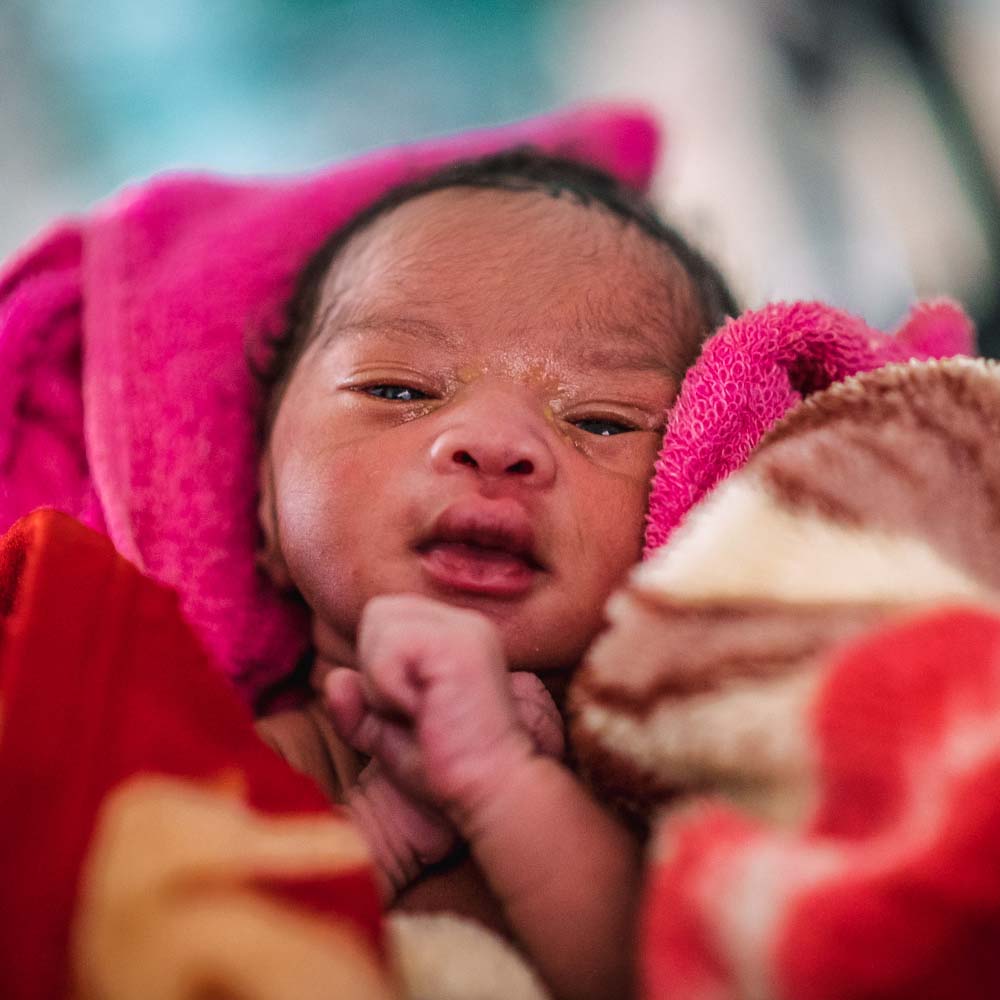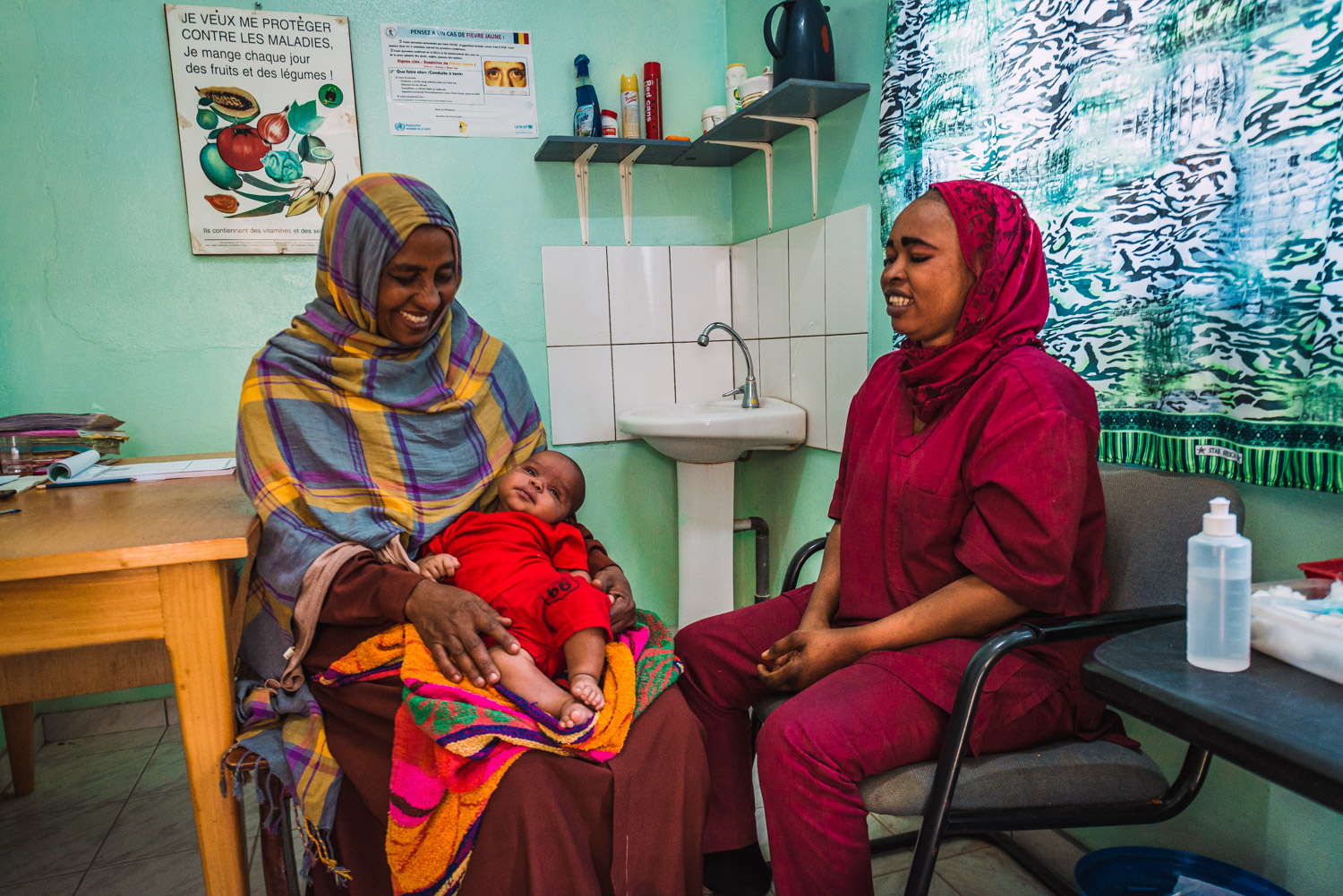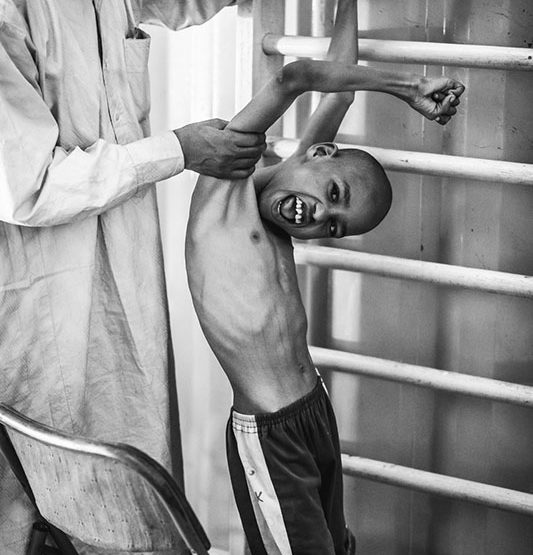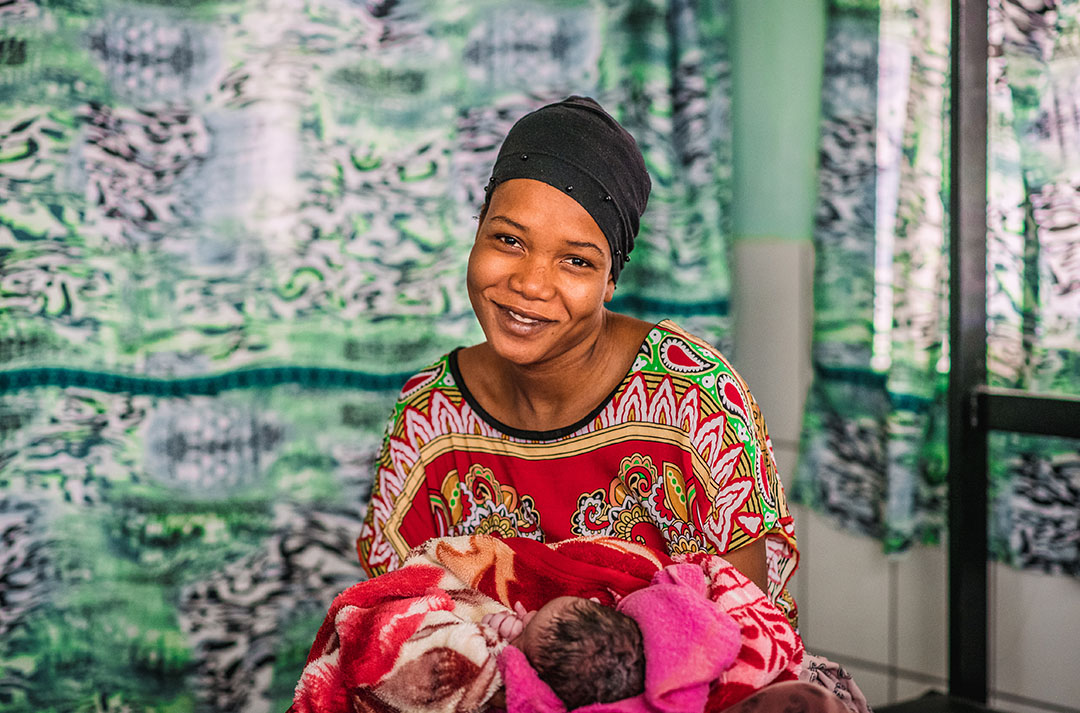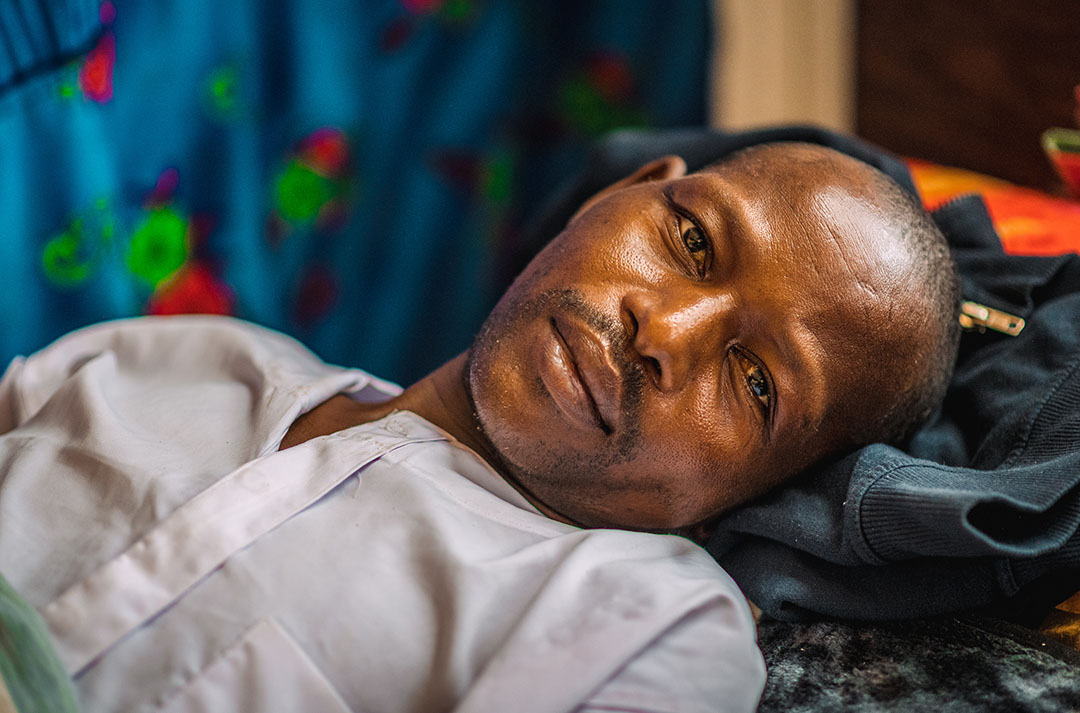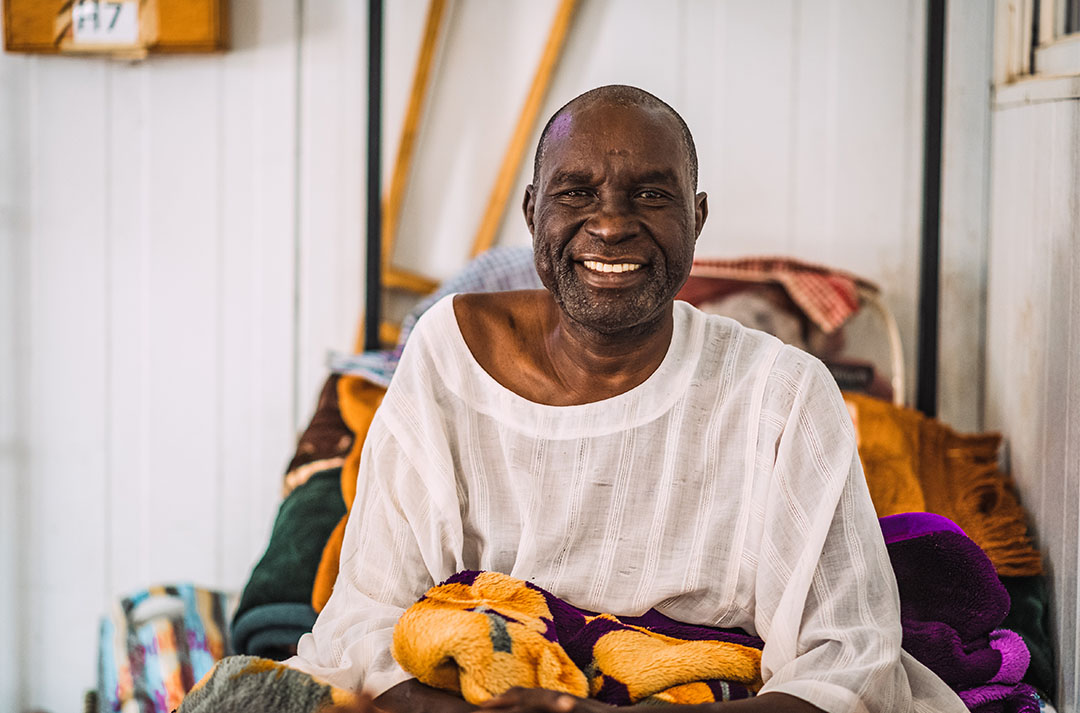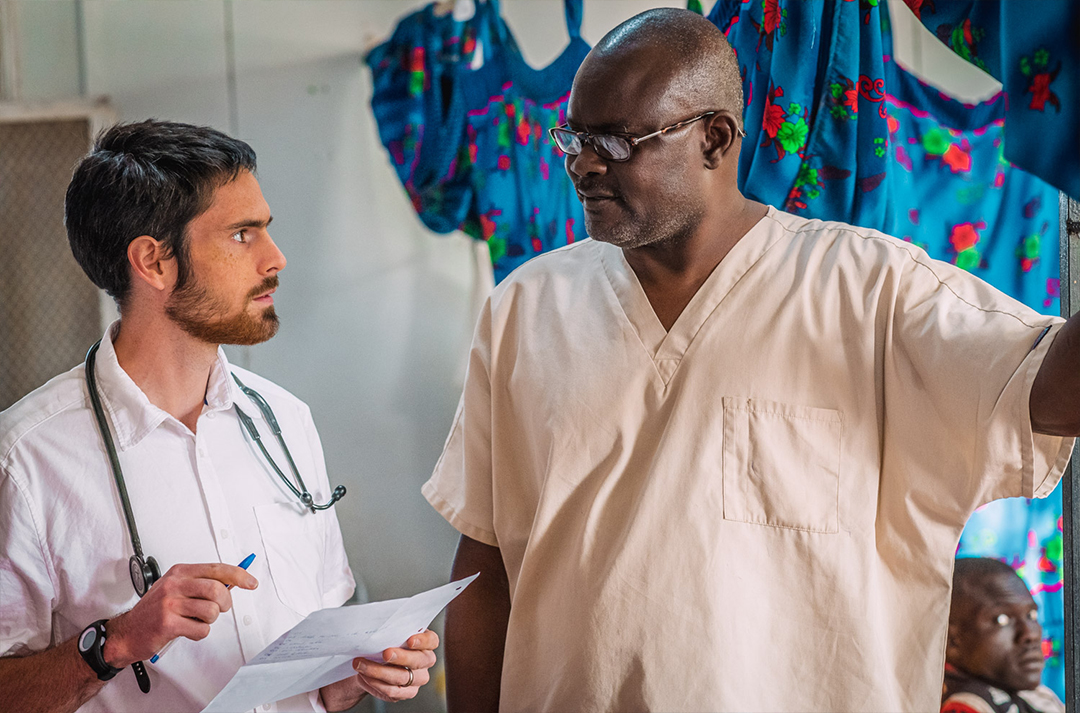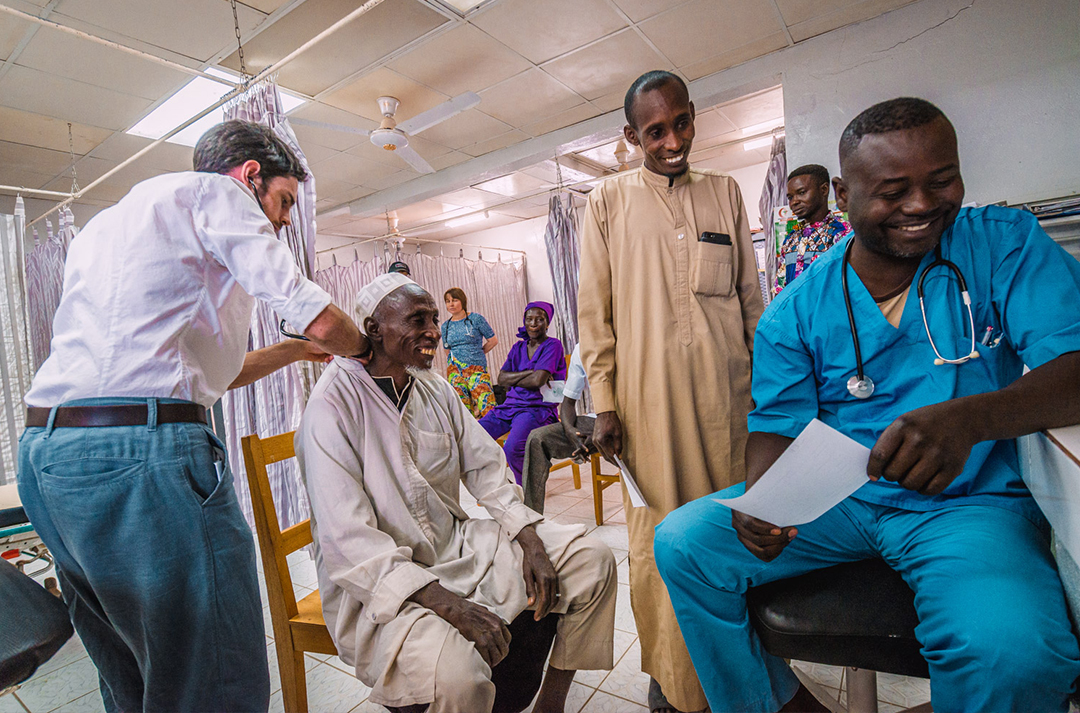Your Harvest legacy
Your Harvest legacy
The gifts you gave are still bearing fruit
Do you ever wonder what happens when BMS World Mission appeals wind down for another year? In this week’s story, you get to find out. We take you back over five previous much-loved Harvest appeals, and learn how your generosity is still bearing fruit in the lives you touched, even years into the future. From Nepal to Afghanistan and Thailand to Chad, here’s the difference you made.
2015: My Father’s House
In 2015, we shared with you the story of Ramu, a man who was paralysed in a terrible truck accident. Like countless others in Nepal, this hardworking father was told that his life was over when the accident shattered his spine. But, thanks to the incredible work of BMS occupational therapist Megan Barker, and your generous support, Ramu has gone on to live a full life that’s been characterised by hope, enabling his young family to flourish alongside him.
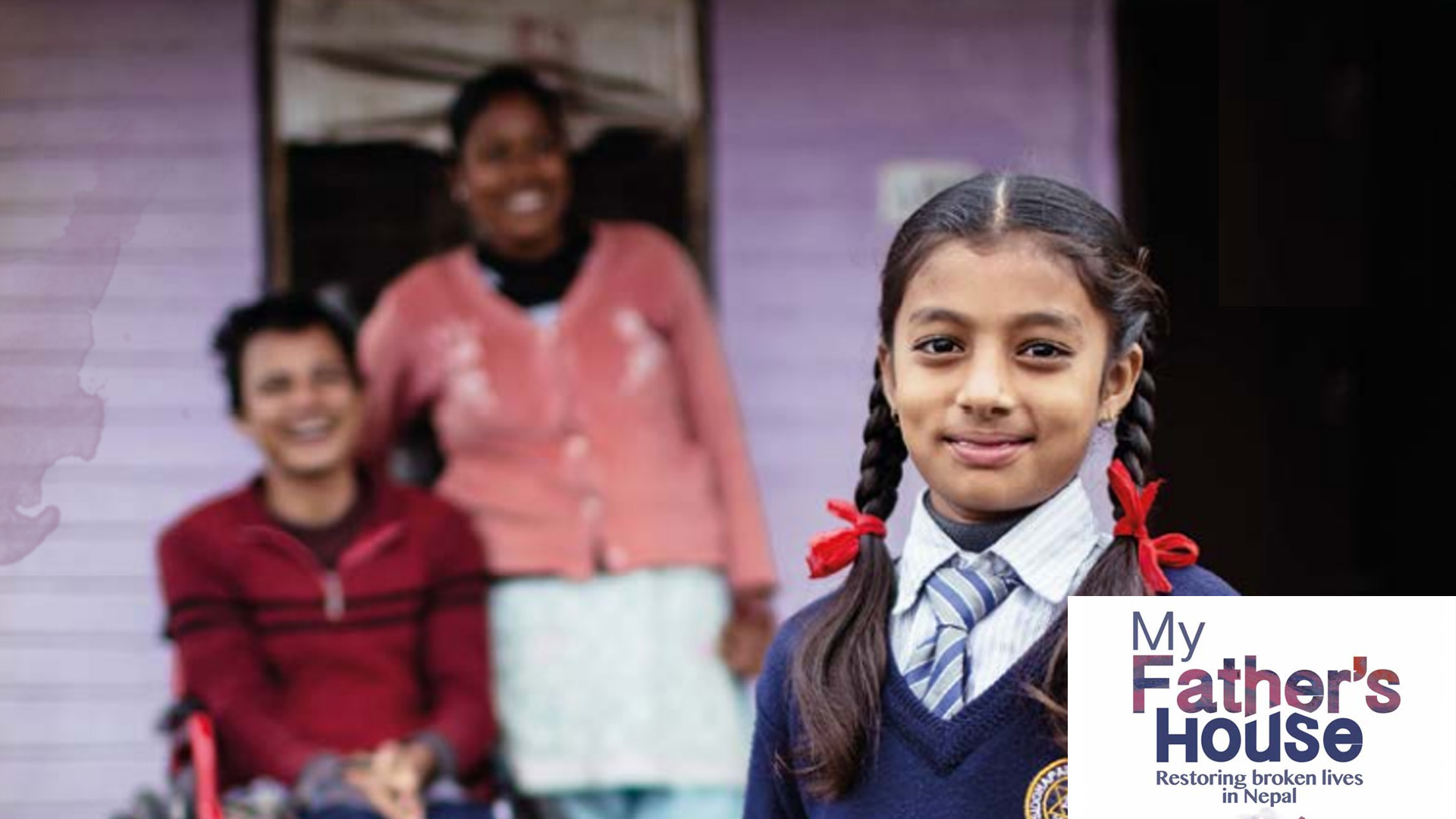
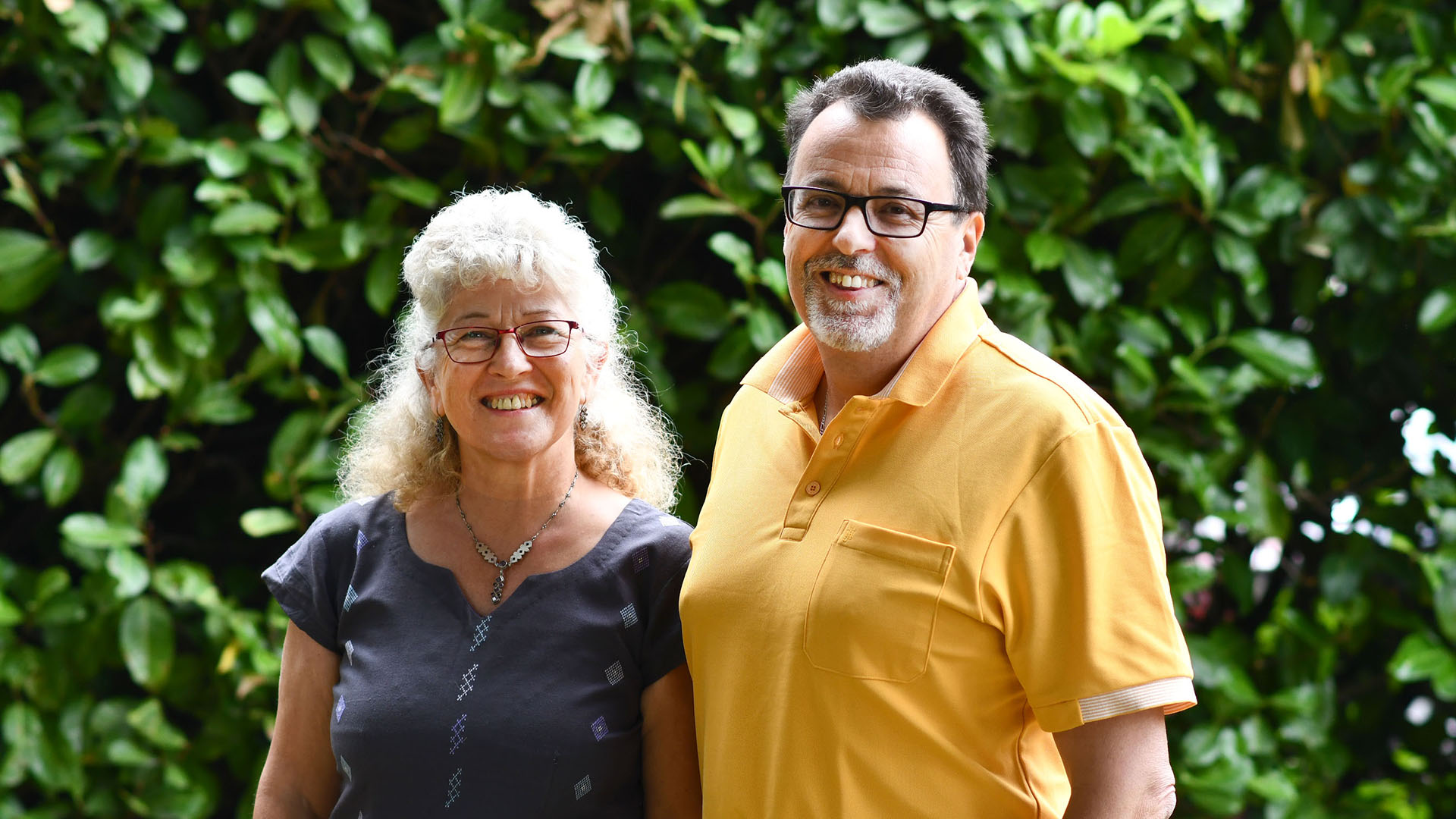
In 2022, Megan Barker was able to revisit Ramu’s family and share with us an encouraging update. The My Father’s House feature video was narrated by Ramu’s daughter Diya, who was then ten years old. Seven years on, Ramu’s children are still doing well at school and the family has saved enough money to buy a scooter, improving their ability to travel. They’ve also invested money in developing their home a lot more since the appeal was filmed, including creating better access to the property. “Ramu and his wife are both fit and well, and are very smiley,” says Megan. “The family are doing well.”
2017: Wonderfully Made
Back in 2017, we introduced you to Adventure Man, Captain Kindness and Mr Determined – aka Tada, Natalie and Phil from Hope Home, a BMS-supported home for children with disabilities in Thailand. Phil is settled with his foster family, and we chatted to mission worker Judy Cook to get an update on how Natalie and Tada are doing.
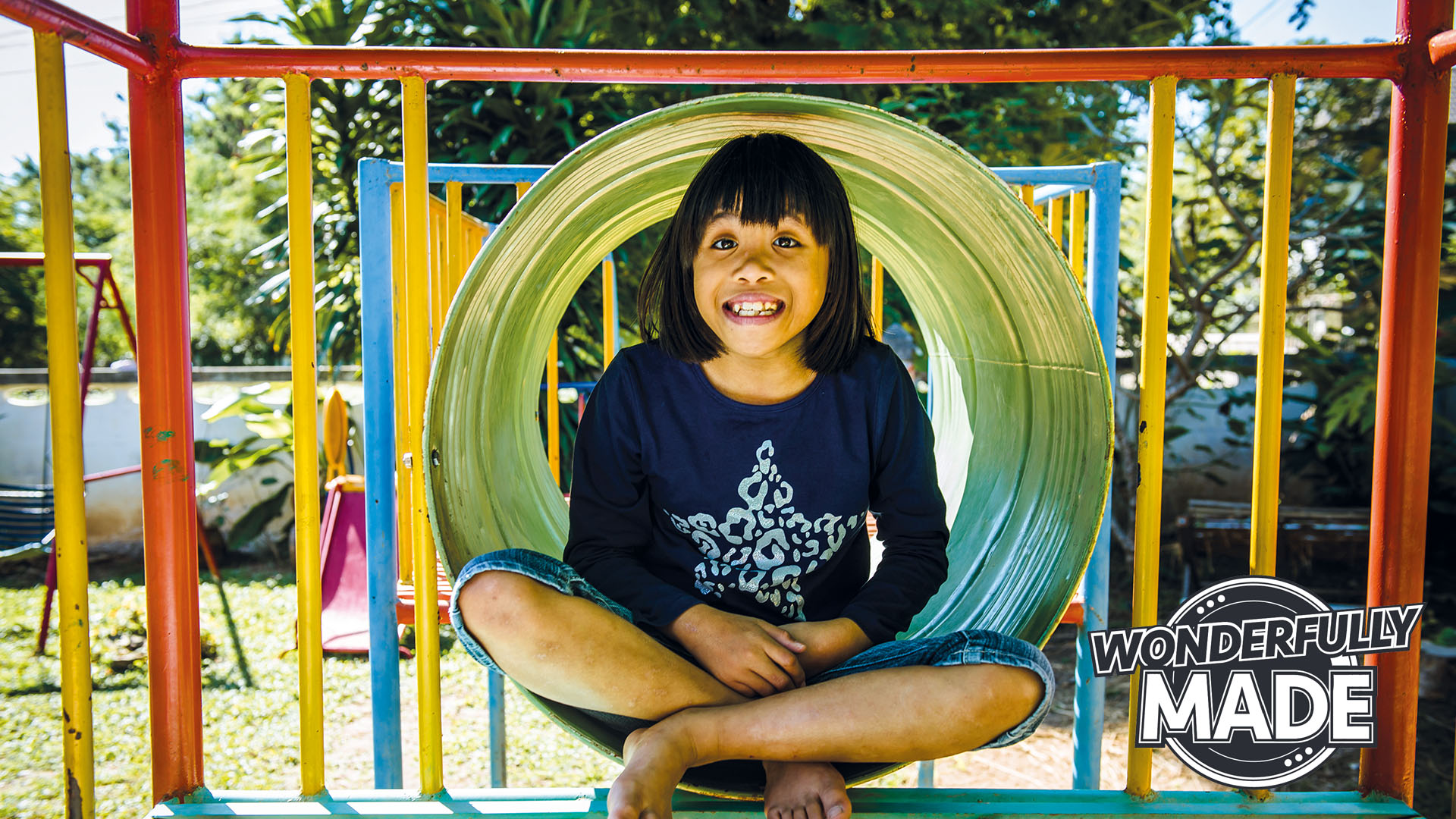
“Natalie is continuing to do well at her special school and loves learning there. Her foster family is amazing and love her dearly, as do we all at Hope Home. On the days when Natalie comes to Hope Home, she loves to come and read to the children as they receive their physiotherapy treatment. She’s so caring!
“Tada is as active, inquisitive and fun-loving as ever. He loves to sing all songs, but especially children’s worship songs and his choice of DVD to watch is Bible stories – his favourite is Elijah! He is now able to slot into a lot more official therapy support at a regional centre, so his speech and general behaviours and development are slowly improving.”
2018: Life’s First Cry
The heartbreak of women in Afghanistan losing their babies to preventable illnesses moved many of you in 2018. The Life’s First Cry feature video took us through the snow-covered mountains of Afghanistan’s central highlands and into the homes of women like Andisha (pictured), who lost her first 11 babies to ill health. A year and a half after filming, we went back to visit Andisha, her husband Mohammed, her daughter Roya and the son she gave birth to after receiving safe birthing classes through your support. Roya, “who is kind of naughty!” explains Andisha, was just about to start school, and Navid, “who is very calm”, was just a toddler. As with any other kids, they were both enjoying playing with their toys and having fun.
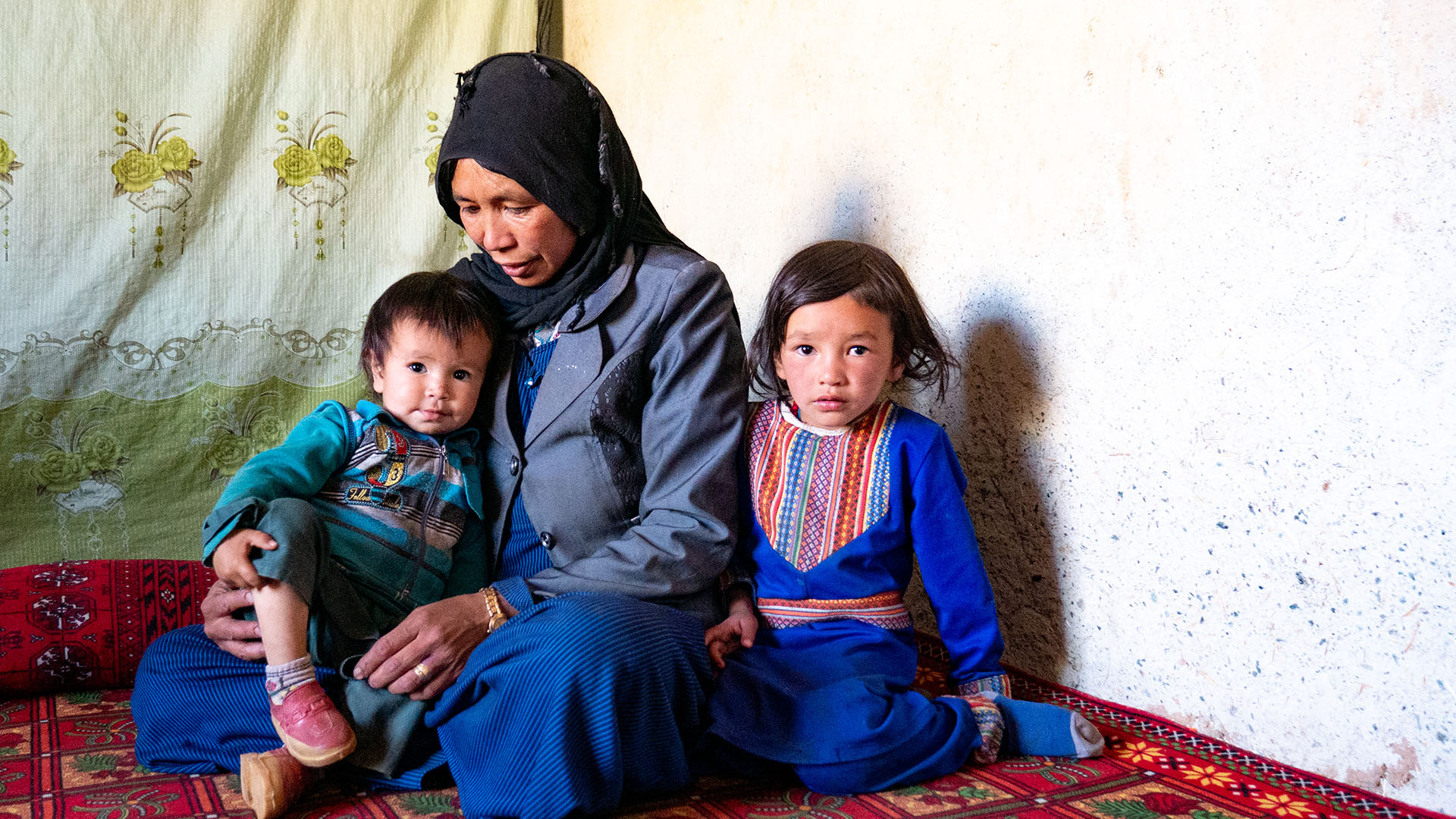
Since helping Andisha’s family in 2018, you’ve also played a part in transforming her community through your ongoing support of BMS work in Afghanistan, bringing sanitary latrines, literacy skills and nutrition courses to her village. So much has changed in Afghanistan since our visit to Andisha’s family, but we know that one thing certainly hasn’t: the commitment and care that BMS supporters feel for the people of this beautiful but often troubled nation. You’ll have another chance to support BMS work in Afghanistan this Christmas, so make sure you’re subscribed to the BMS weekly email update so you don’t miss out.
2020: Operation: Chad
At the height of the Covid-19 pandemic, you showed incredible support for the amazing staff members at Guinebor II Hospital (G2) in Chad. Now that Covid-19 is less of a threat in Chad, the staff have been able to focus their energies on other crucial medical issues facing the community: namely, malaria and malnutrition.
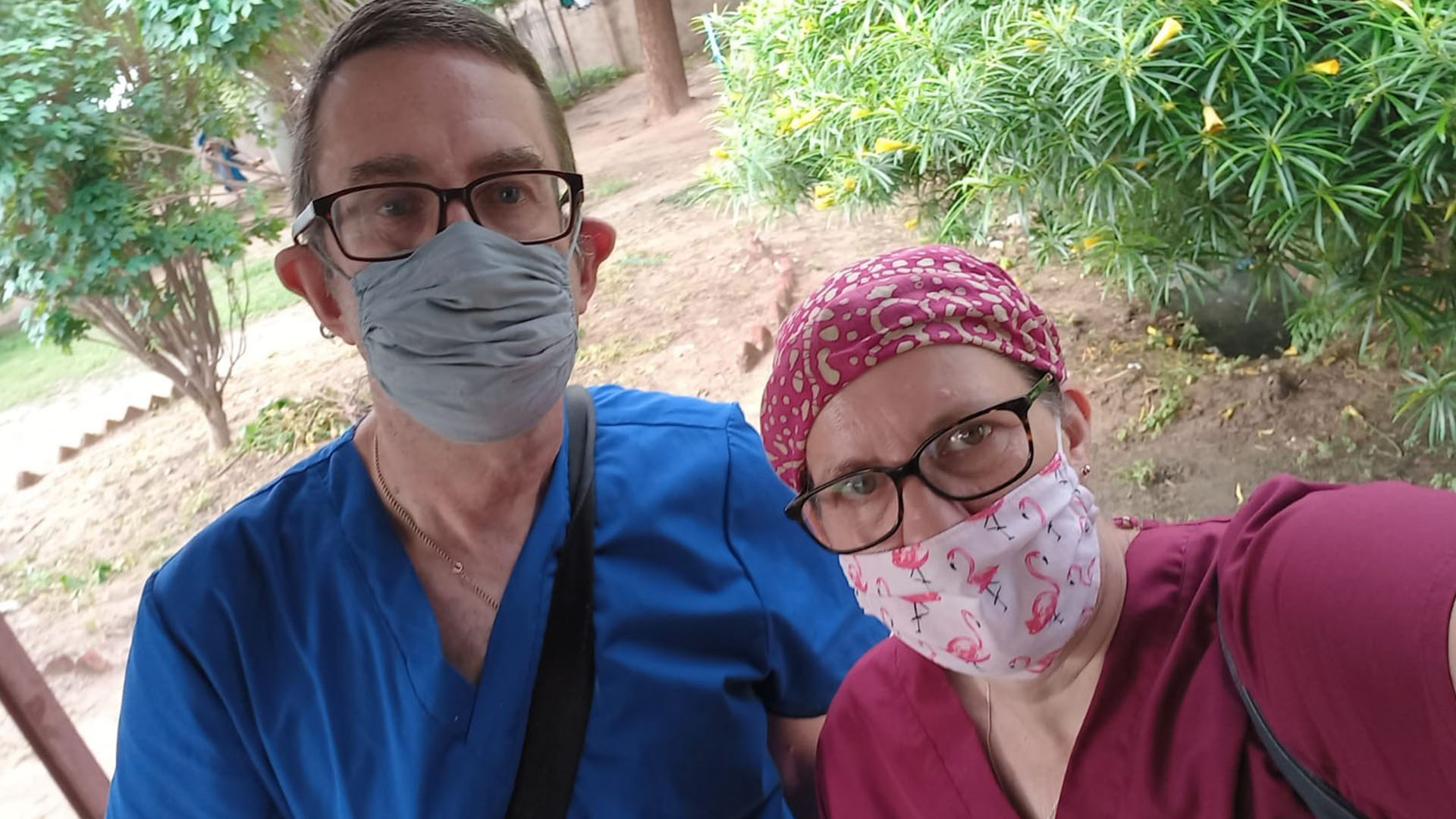
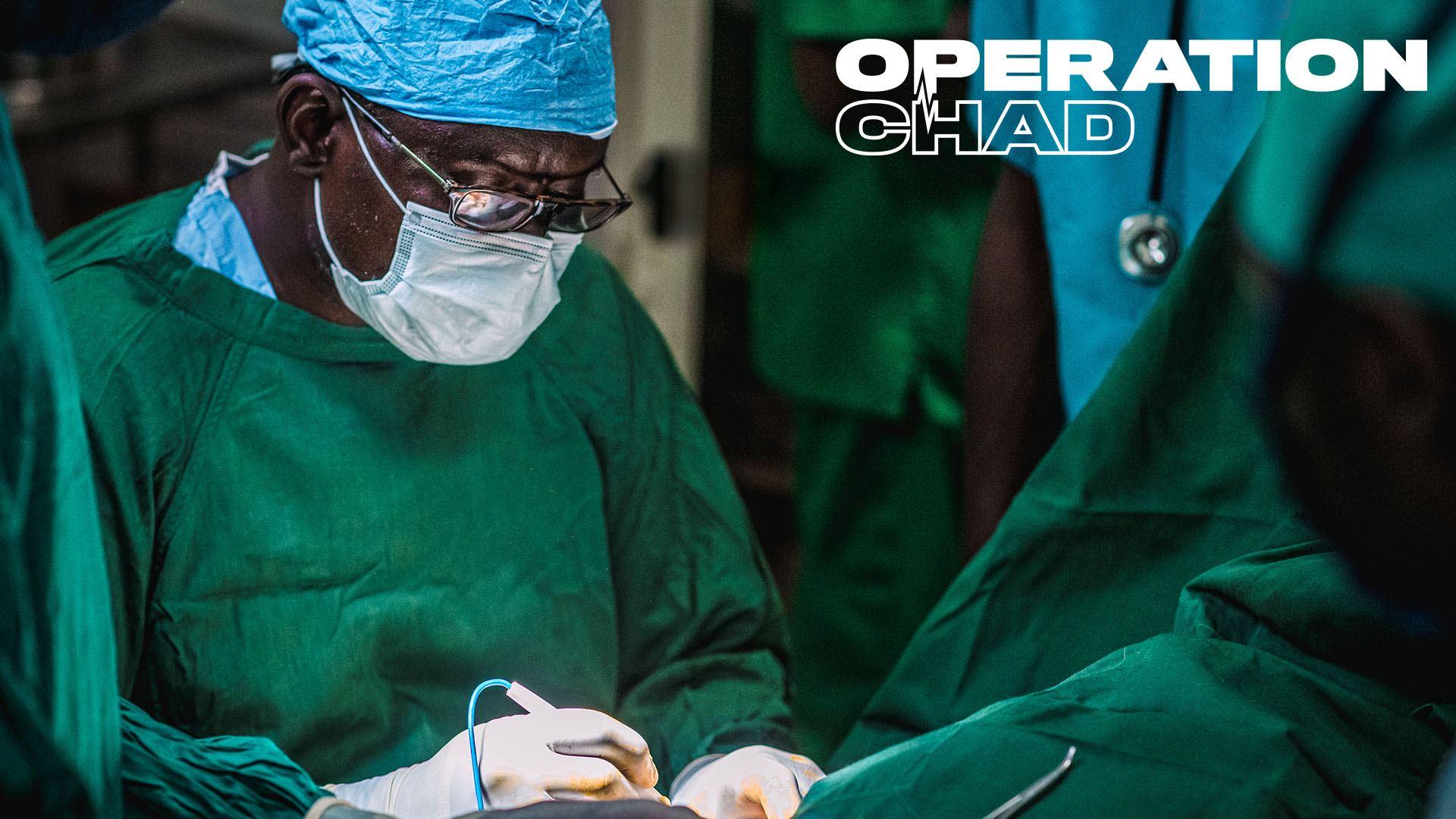
“The biggest health concern that our neighbours expressed was worry about malaria… some of the things we heard were really heartbreaking, about how many children people have lost,” says Jackie Chilvers, who has joined the G2 team, along with her husband Brain, since Operation: Chad premiered. Fortunately, they’ve been able to help pioneer an education programme to help people understand how to prevent malaria and where medical support for those who contract it is available – whether that be at G2 or through pre-established government programmes. Jackie’s also come alongside BMS worker Mel Spears to set up a malnutrition clinic, to help dangerously ill children get back on track, and enable families to get the right help for their children.
2021: I Will Stand
Last year’s Harvest appeal marked a first for BMS, using animation to tell the stories of courageous Christians whose faces we couldn’t share. Though we couldn’t show their photos, we knew that God had counted every hair on their heads and was using their witness in powerful ways to spread his amazing gospel. You stood with believers like Z as she reached out to communities in North Africa who were yet to hear the good news of Jesus. And we’re so pleased to report that Z is still standing strong a year later, able to continue her ministry thanks to your giving and prayers.
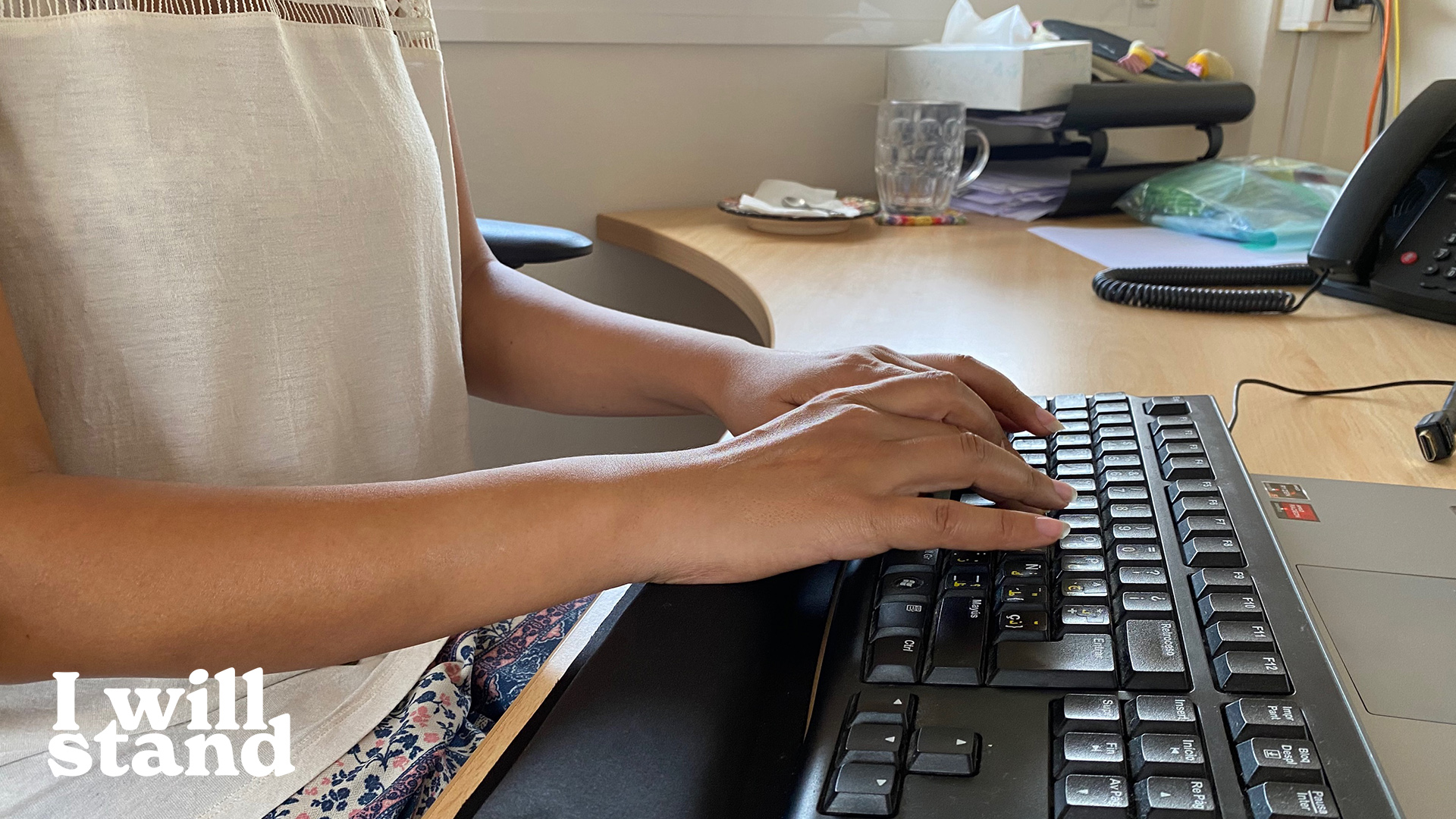
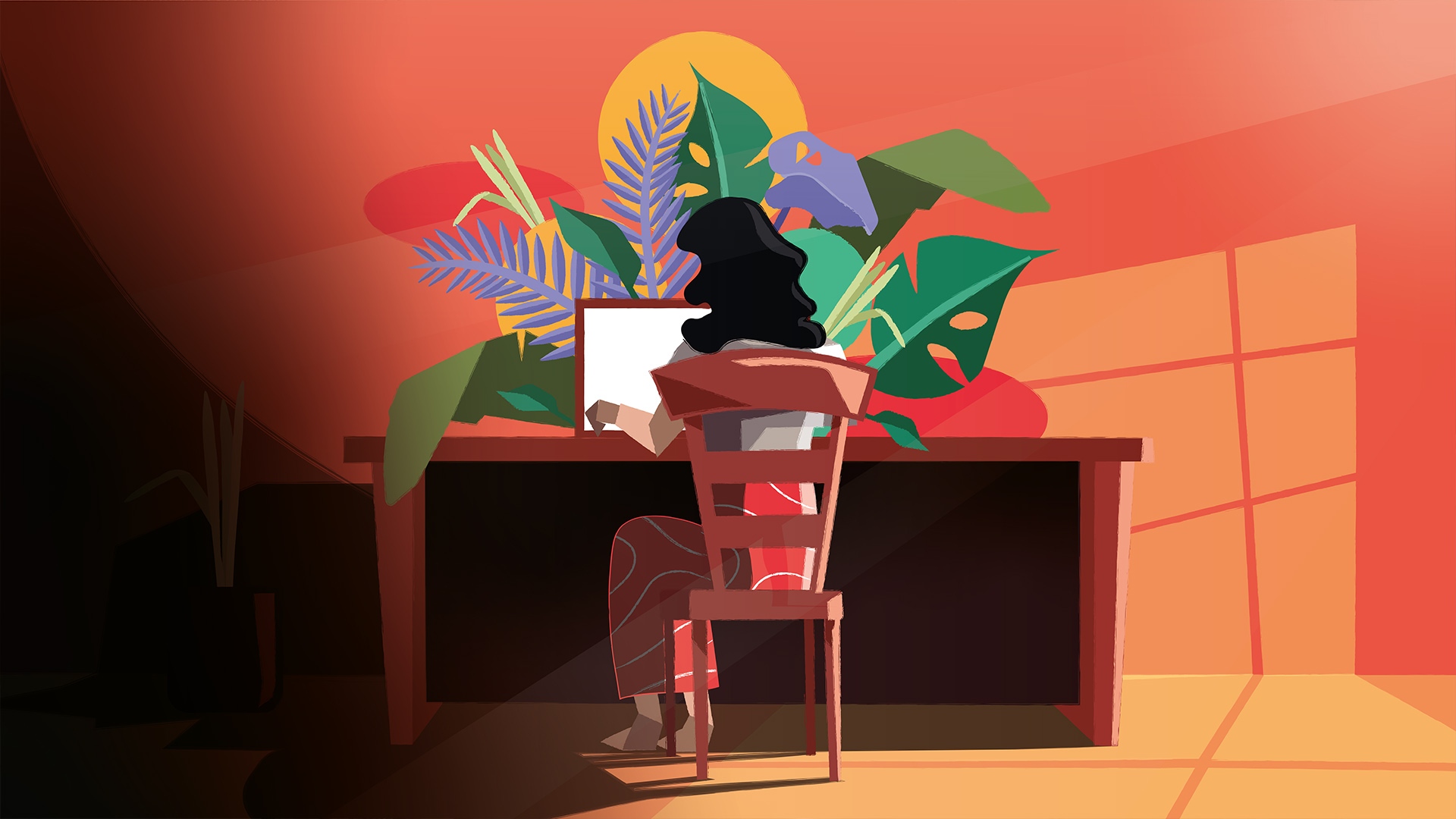
“She said that she was well, is enjoying her role and is passionate about why she is doing it,” explains BMS Overseas Team Leader Sarah Mhamdi, who visited Z earlier this year. “She’s seeking ways to reach more people and to be able to answer more of their questions and help people grow in their faith. Please continue to pray for her own birth family that they will come to share her faith. She continues to be thankful for our prayers and support.” Supporters weren’t the only ones who enjoyed the colourful illustrations used to capture Z’s testimony. Z’s own little girls loved seeing their mum come to life through animation, and felt very proud that she had shared her story!
You’ve done such amazing things by supporting BMS Harvest appeals in the past – why not continue your streak by supporting Good Land, our Harvest appeal for 2022? Over the years, you’ve helped communities in desperate need all over the world, and this year you can help the people of Ghusel, Nepal, transform their village. They dream of good-quality education for their children, of clean water that’s accessible to the whole community, of training to help make sure their livestock stay healthy. Will you help their dreams become reality? Give now to help transform the village of Ghusel today!

Words by Hannah Watson, Editor of Engage magazine and Laura Durrant.


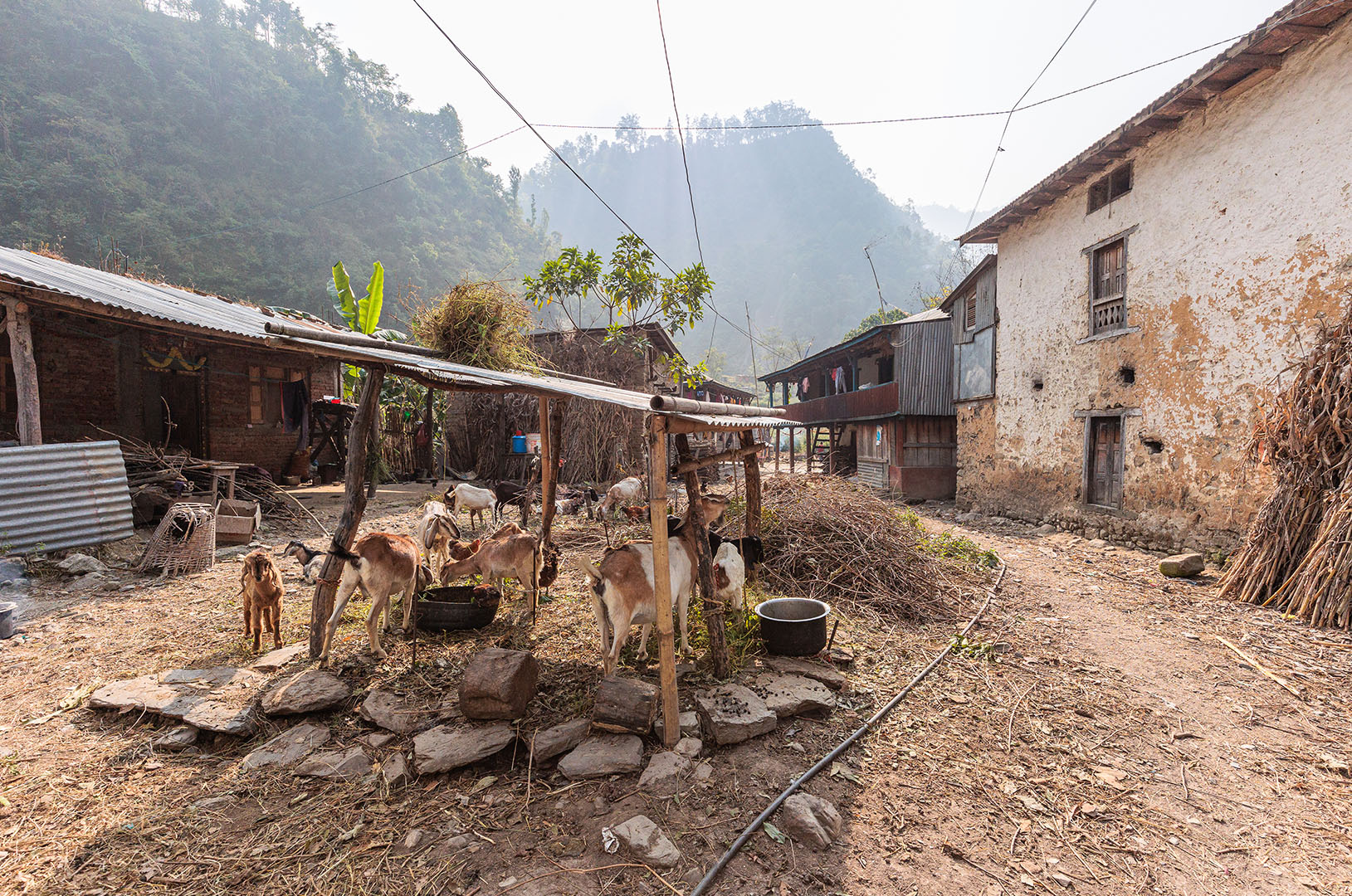
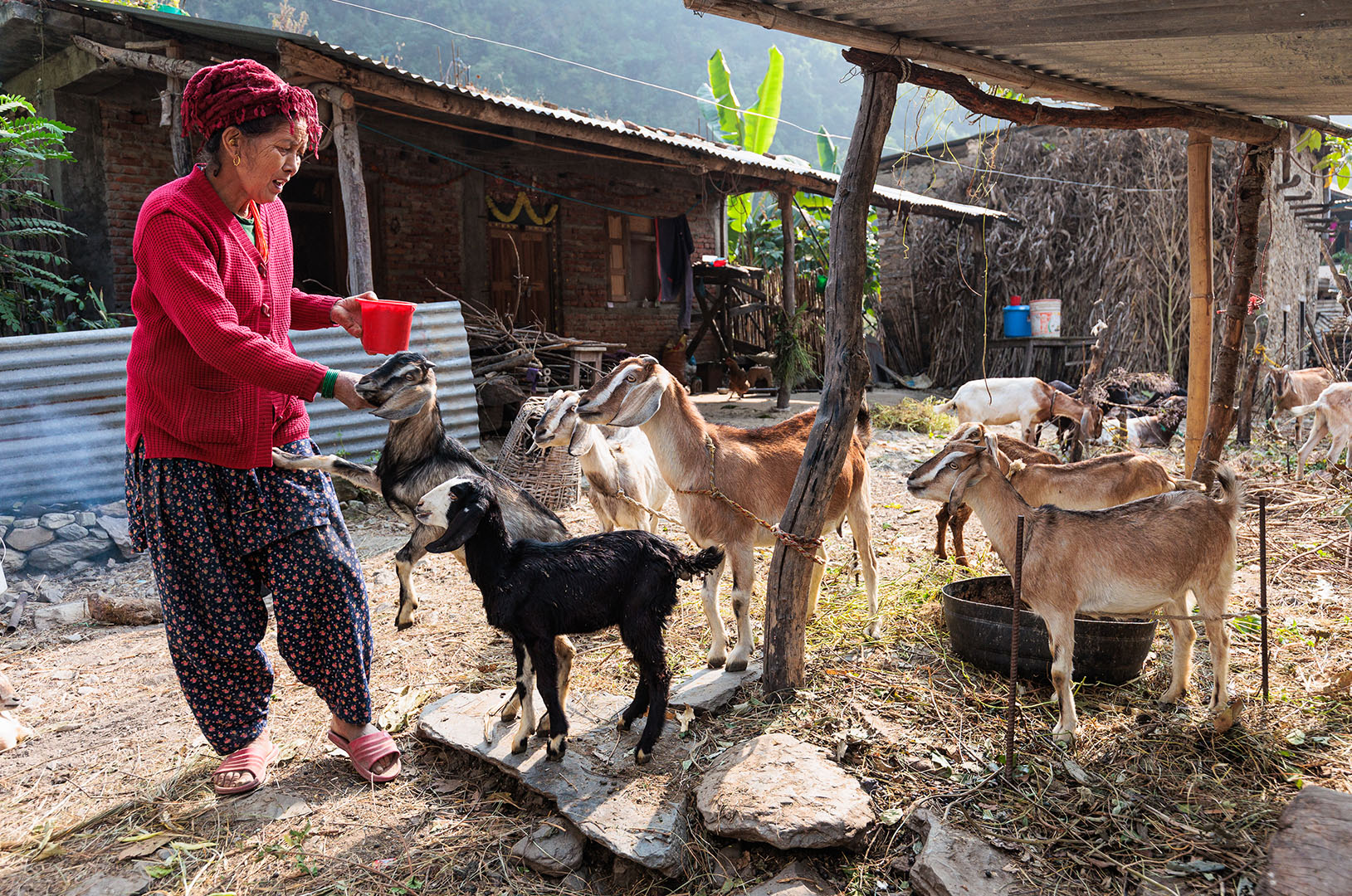
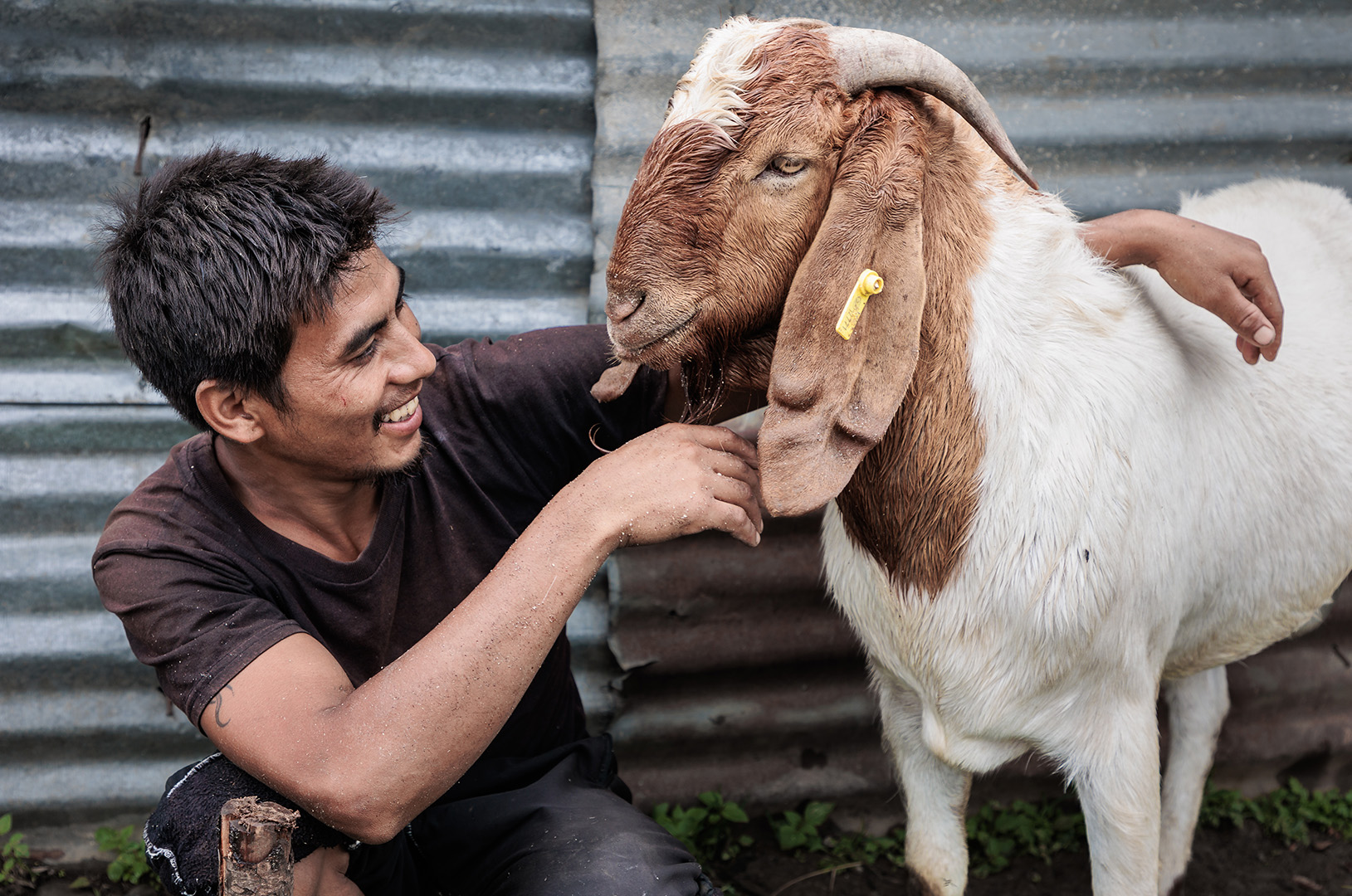
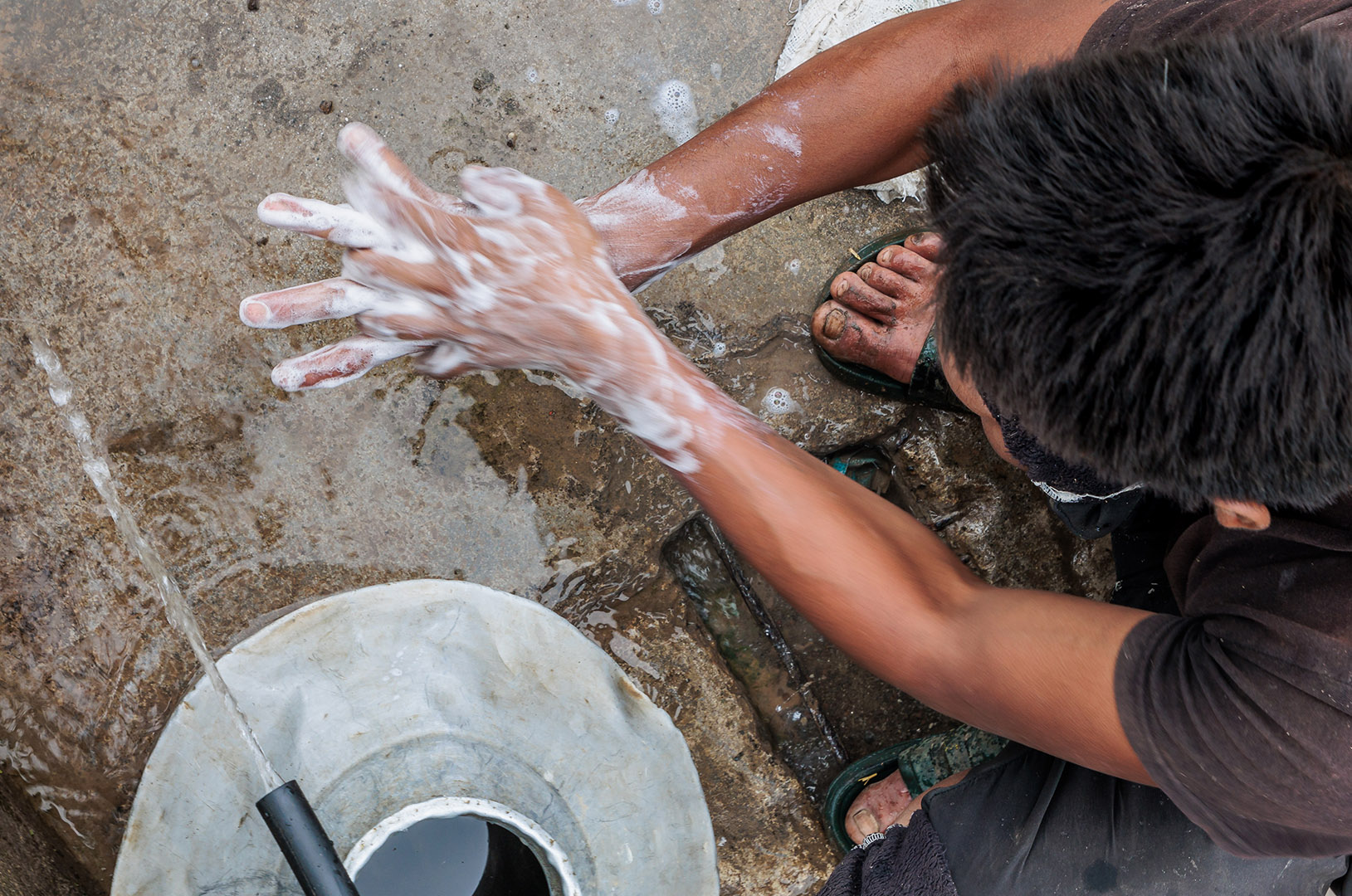
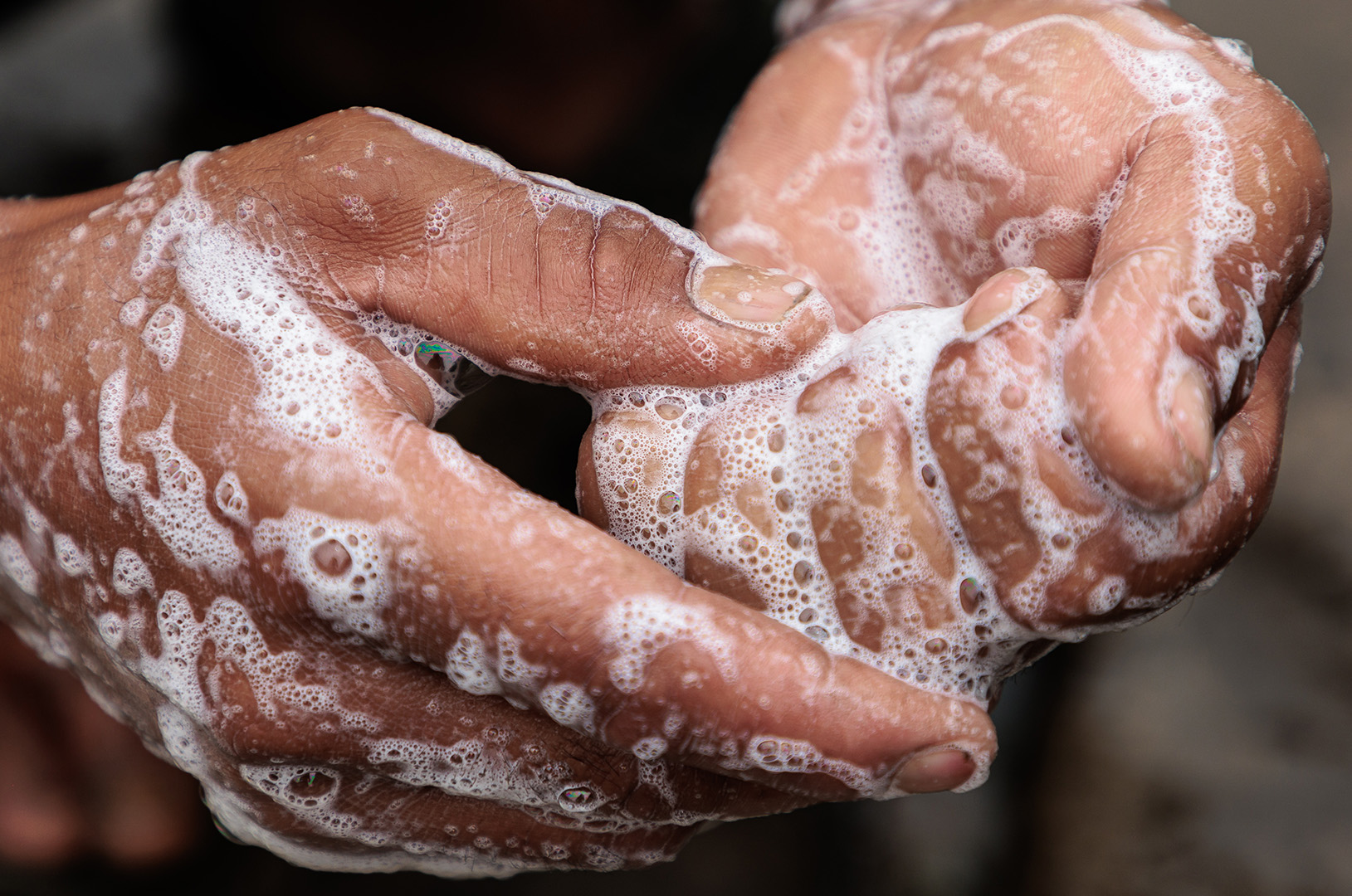
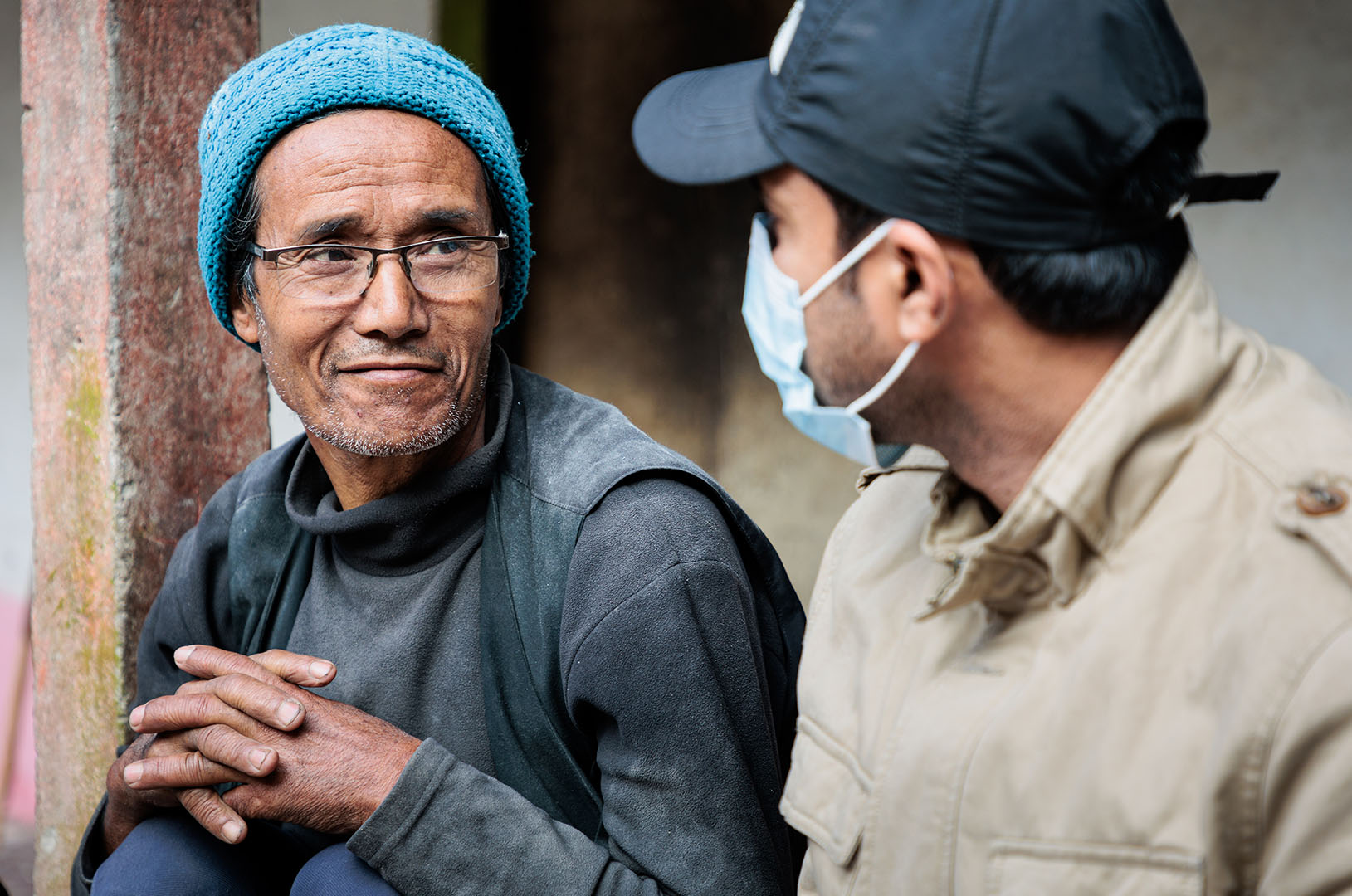
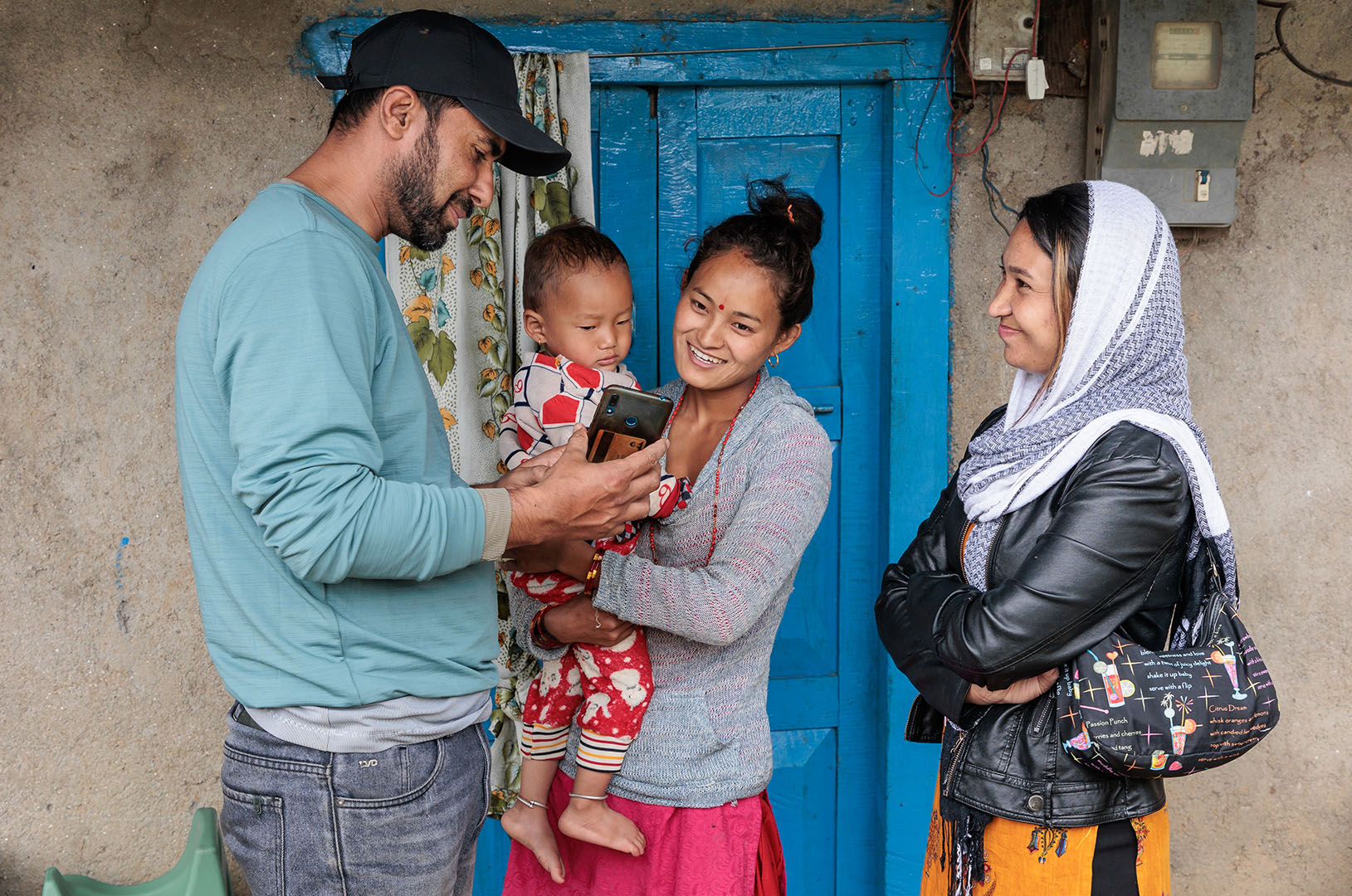
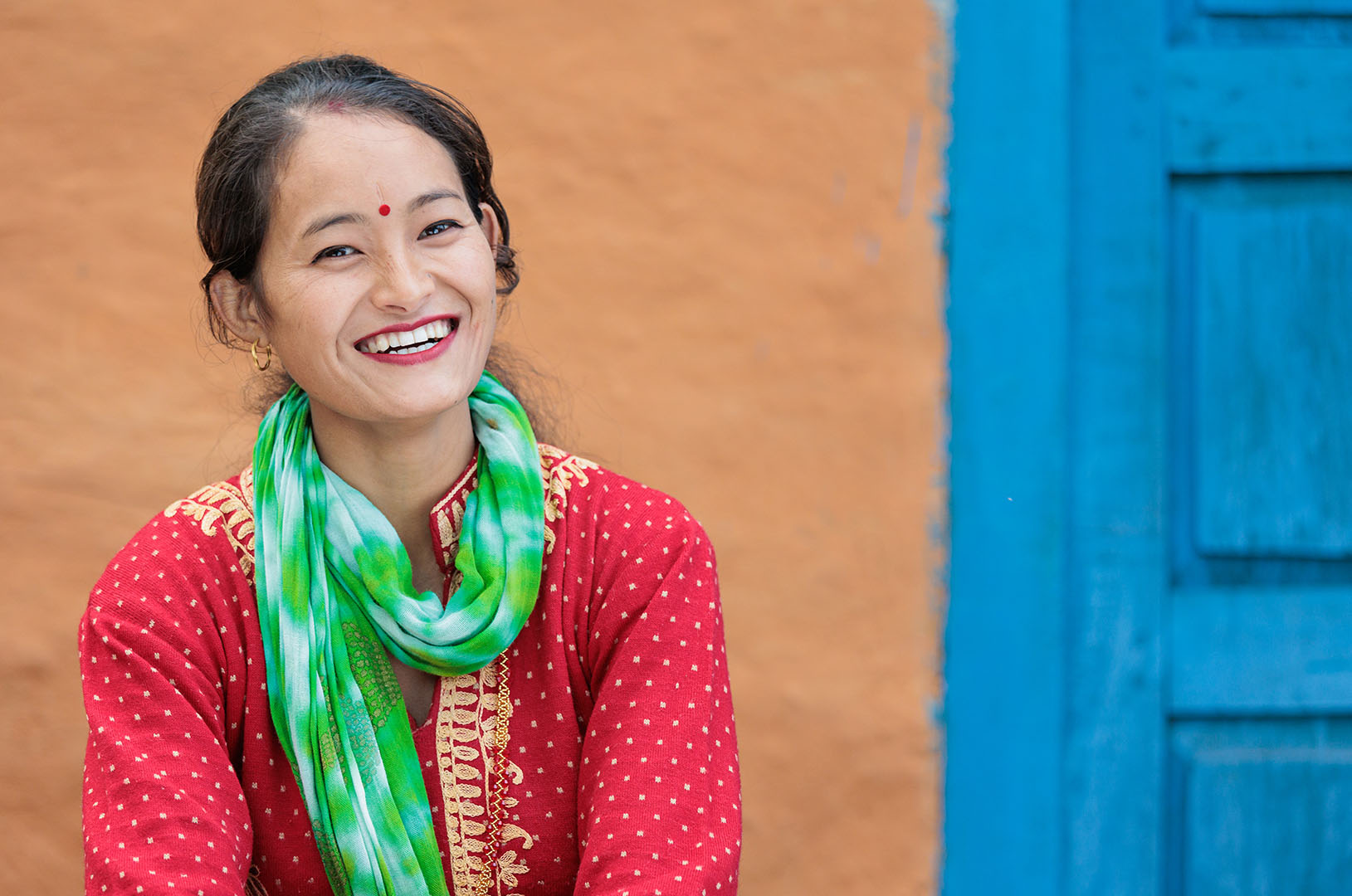
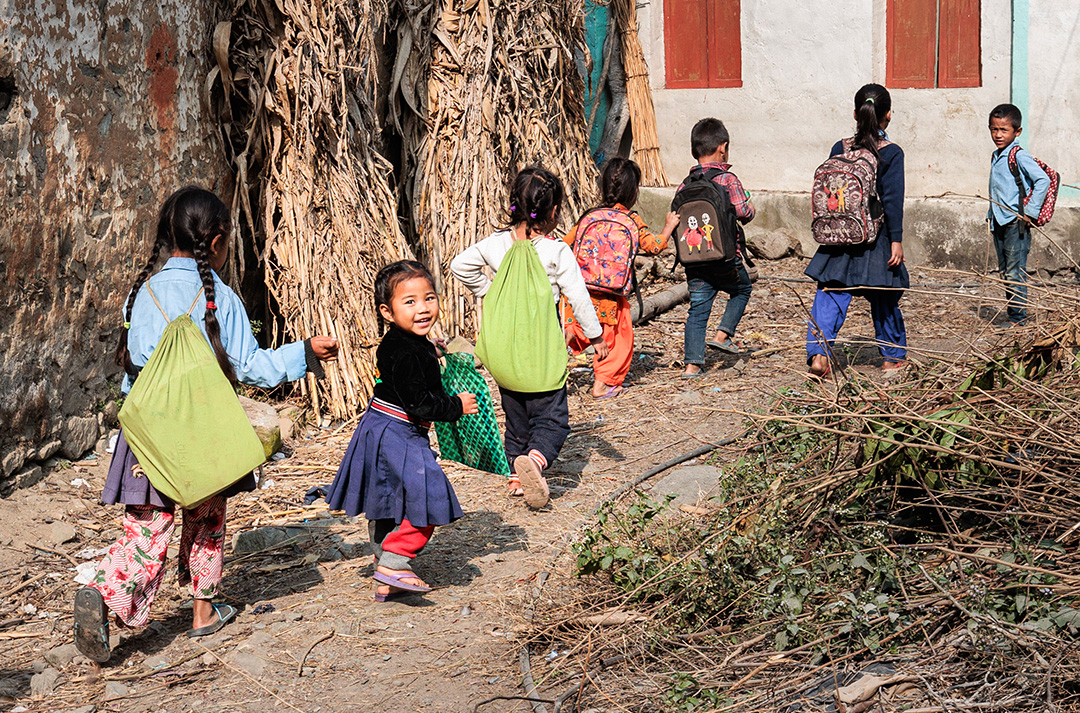
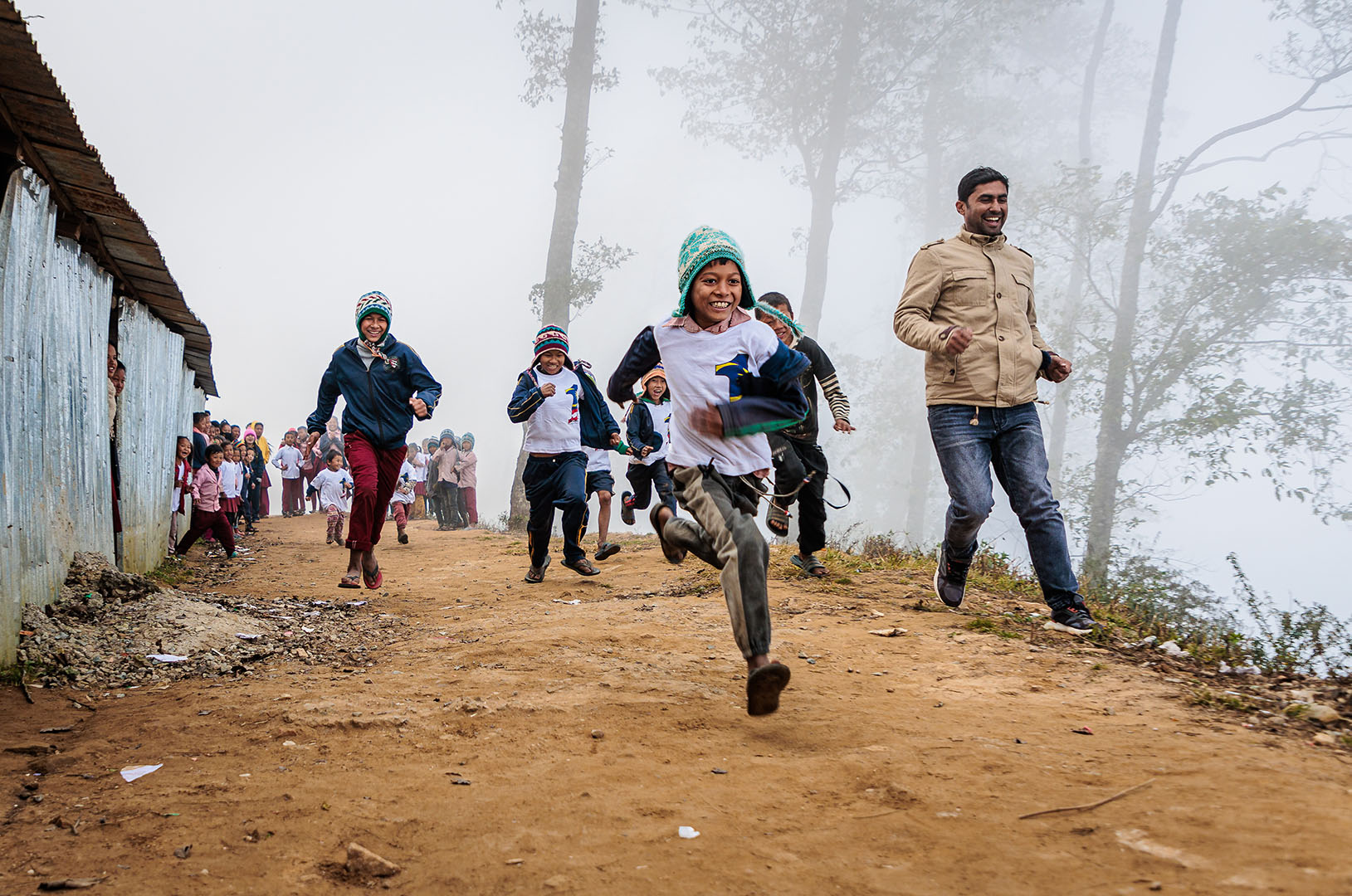
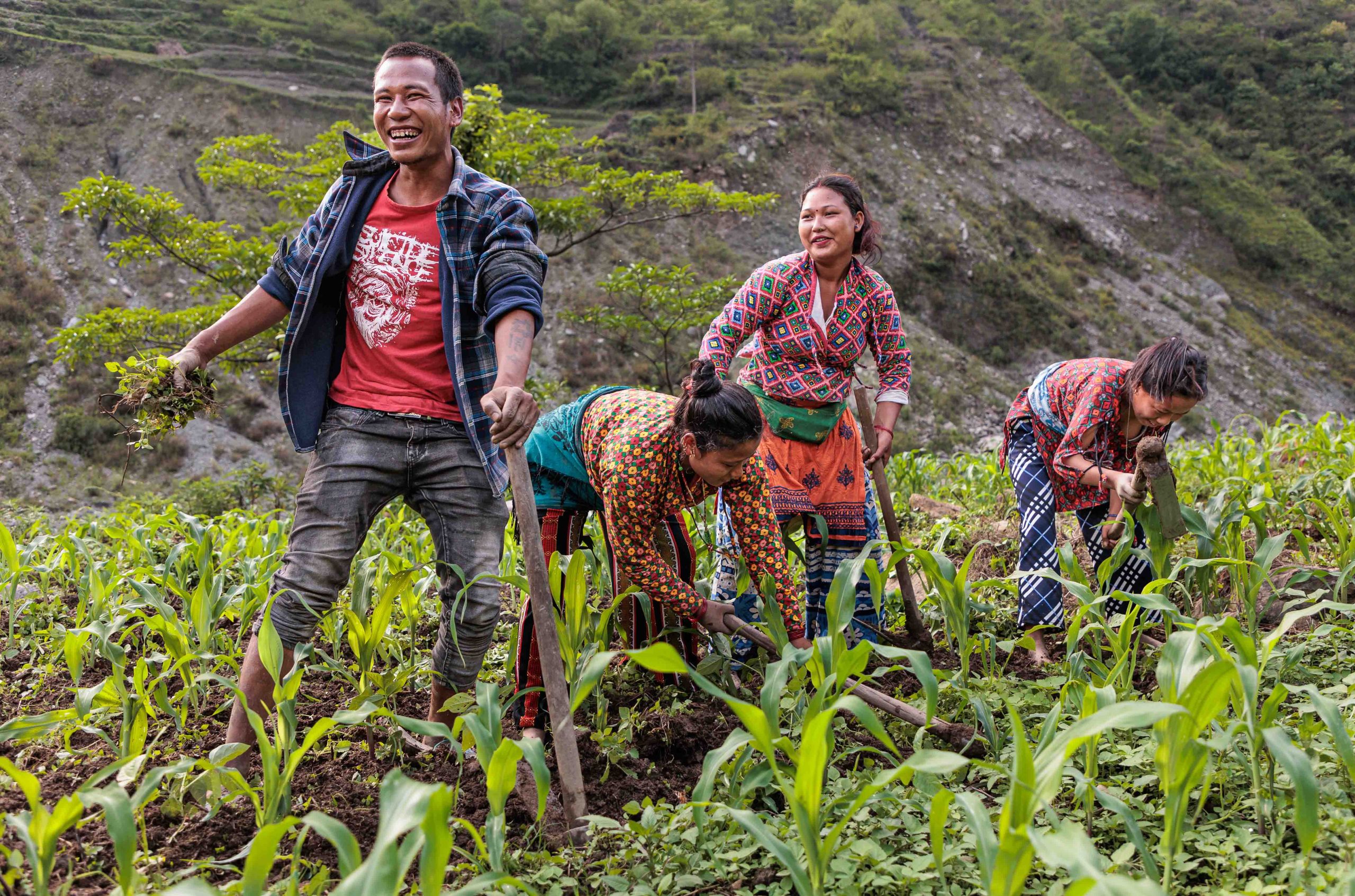
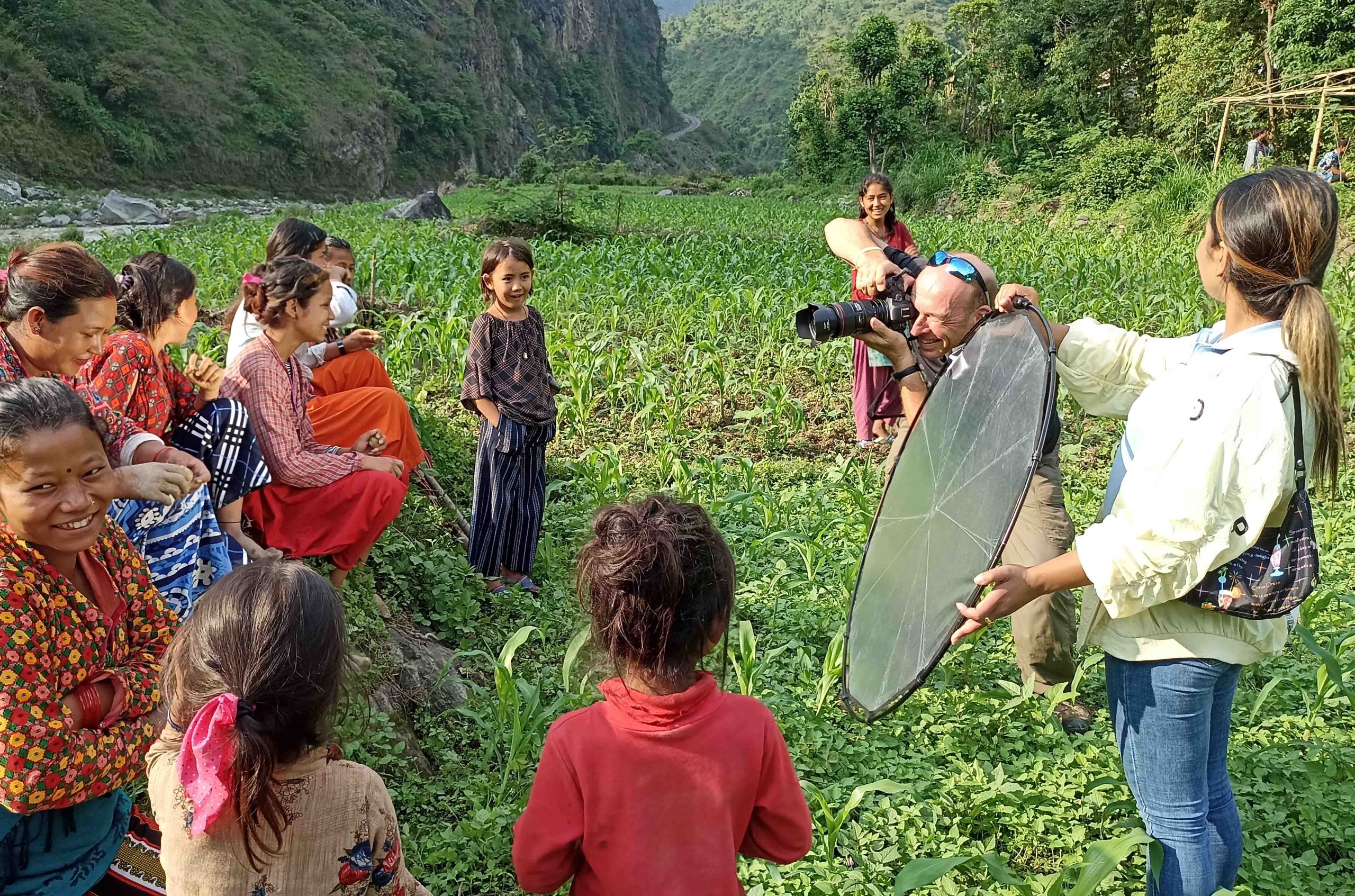
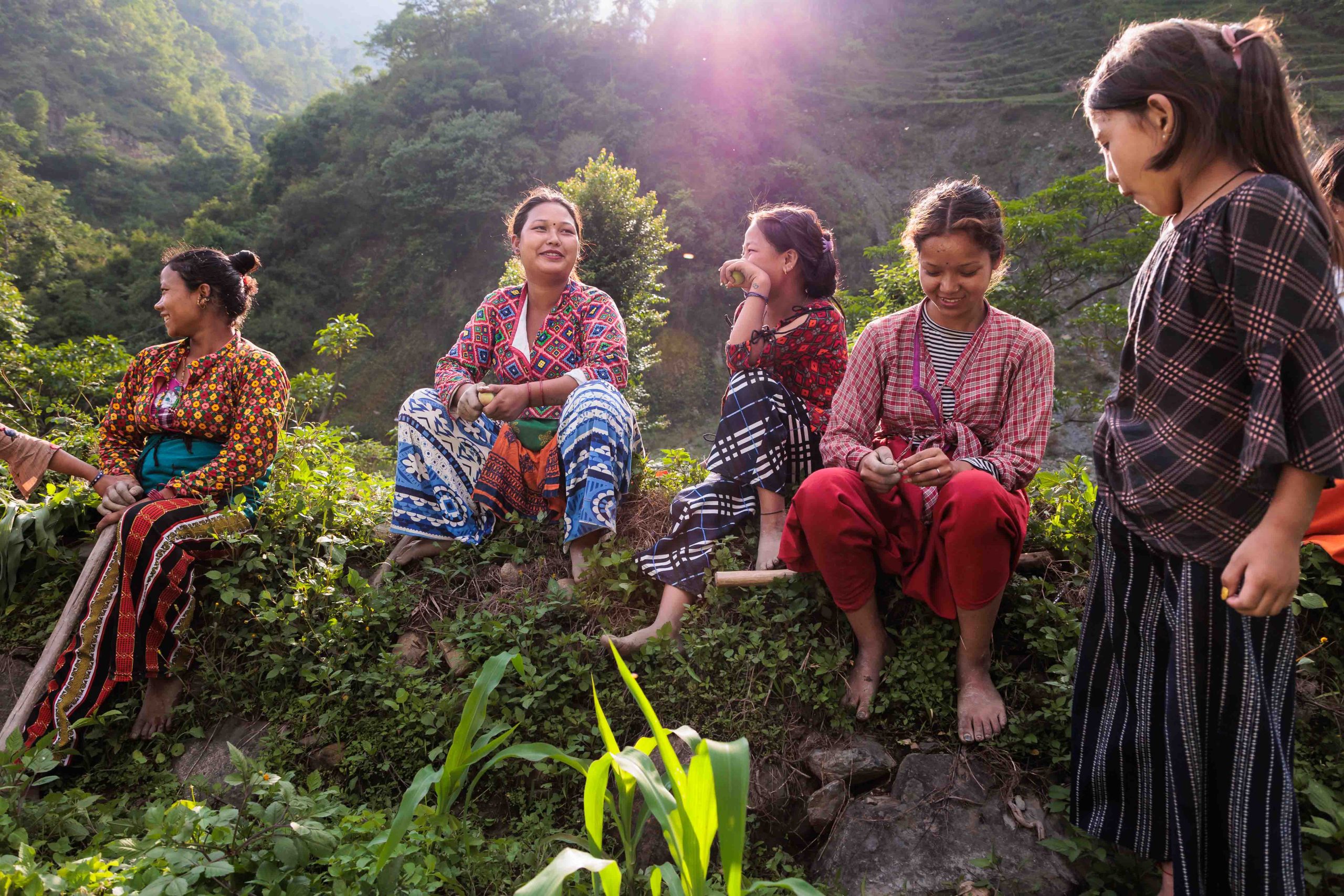
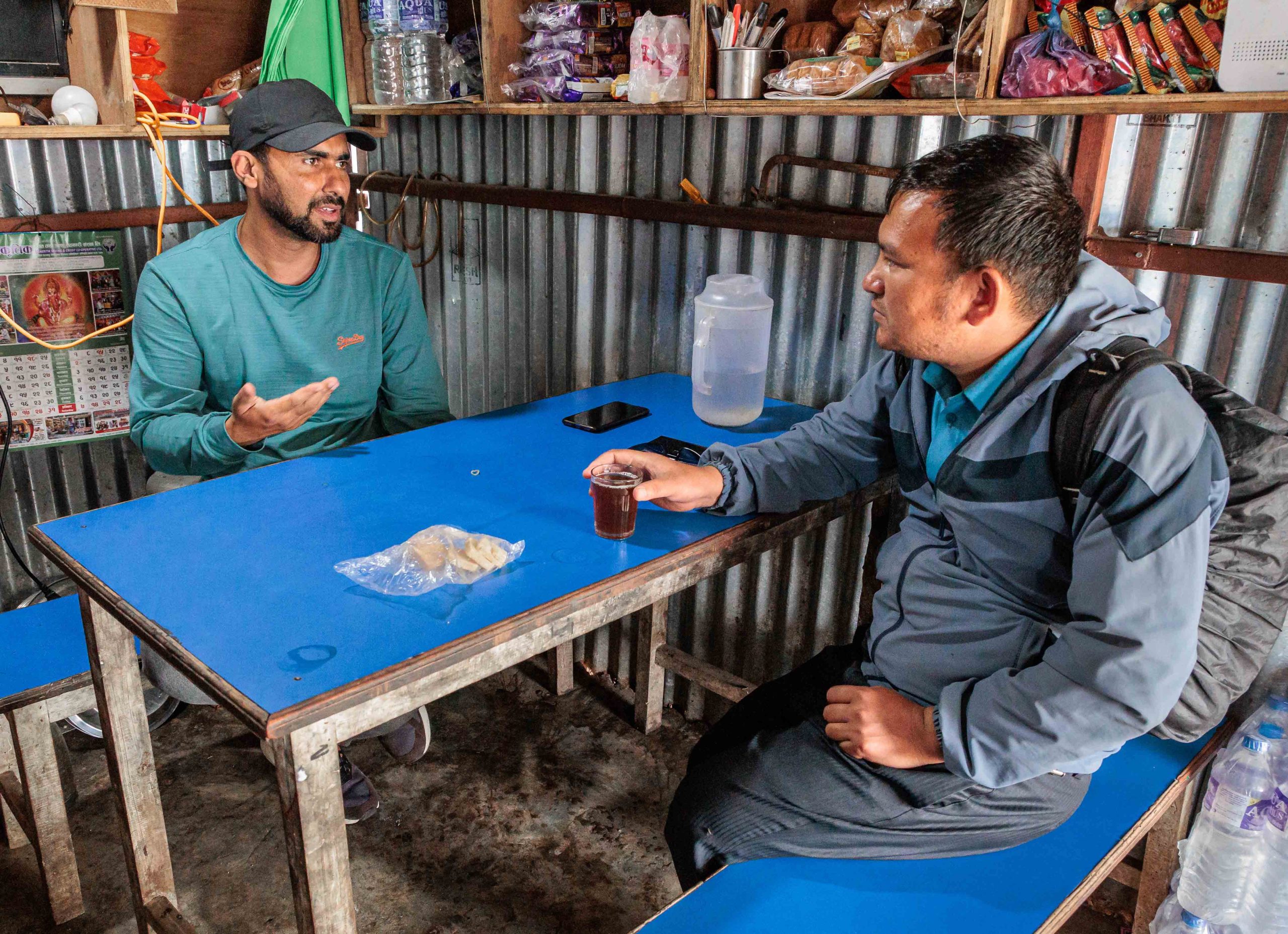
![Shiva, who appeared in the Good Land feature video, is shown the results of his shoot on a return visit to Ghusel.]](https://www.bmsworldmission.org/wp-content/uploads/2022/09/BMS-photographer-Clive-shows-photos-to-Shiva-for-the-Good-Land-appeal-scaled.jpg)
